The best phone 2026: we've tested and reviewed all the top phones you should buy
Only the best phones from Apple, Samsung, Google and OnePlus
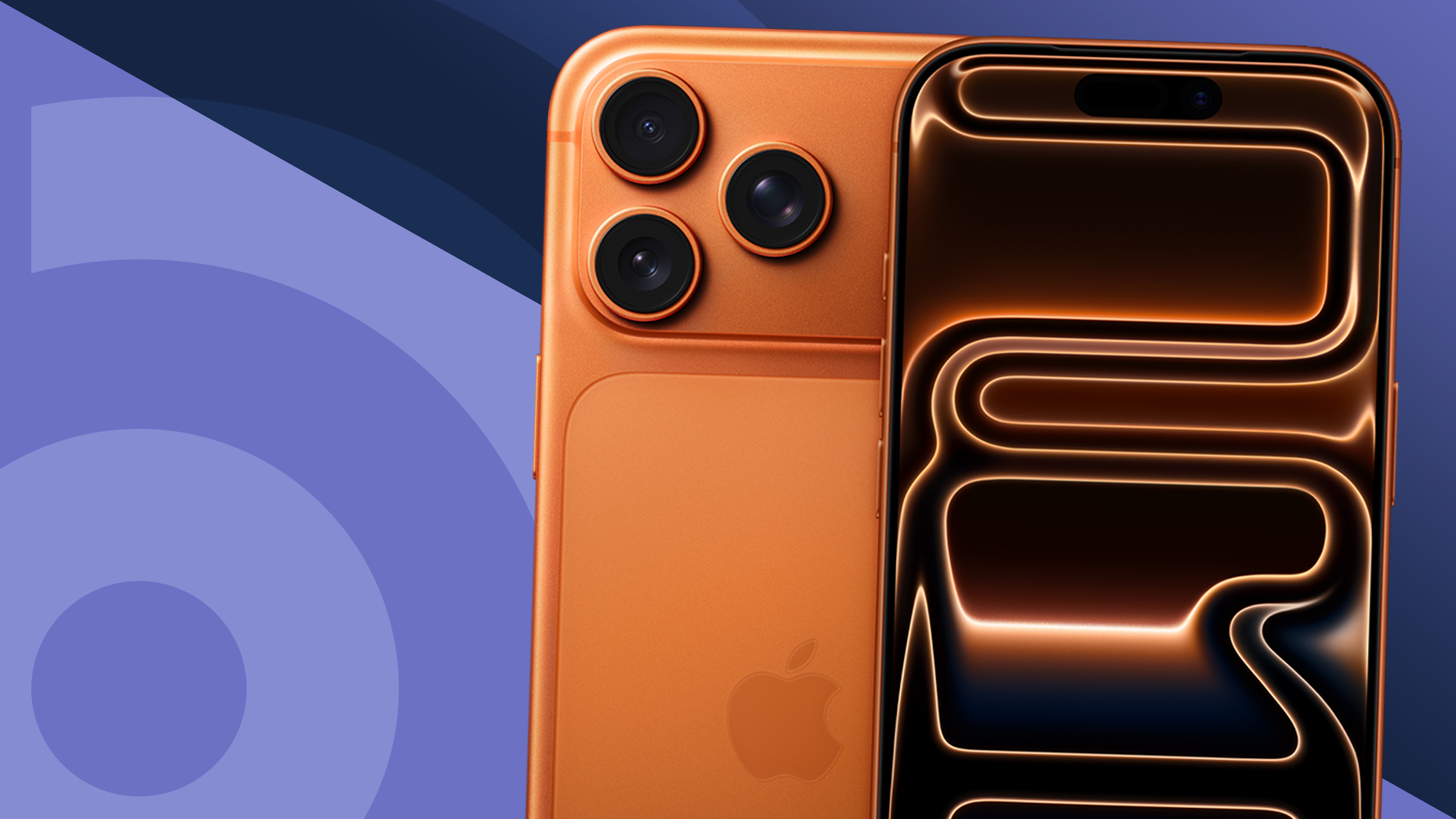
We start 2026 with the Apple iPhone 17 Pro Max at the top spot as our best phone overall, though tough competitors are just over the horizon. Last year, Apple pushed the iconic iPhone design in bold new directions and introduced a 48MP triple-camera system that set a new high-water mark for mobile photography, redefining what we expected from a flagship. Now it's time for the Android world to deliver.
The competition has never been closer. I spent months last year rigorously testing the latest contenders, from the AI-powered brilliance of the Google Pixel 10 Pro to the refined engineering of Samsung's Galaxy Z Fold 7.
I even granted a rare perfect score, awarded to the OnePlus 15, a device that cures the common phone with battery life that practically defies the laws of physics.
This guide is the result of thousands of hours of hands-on testing. We don’t just run benchmarks; we live with these devices. We use them as our primary work phones, shoot hundreds of real-world photos, and push their batteries until they drop.
Whether you're a photography pro, a hardcore gamer, or just looking for the best value for your family, this list represents the absolute best technology has to offer in 2026 and beyond.

📱Phil Berne is a pre-eminent voice in smartphone reviews, a professional reviewer since the Palm Treo 700 and BlackBerry Pearl days. He has reviewed hundreds of smartphones, including all of the best iPhone, Galaxy, and Pixel phones. Phil is TechRadar's Senior Editor for Mobile Reviews and Buying Guides.
The Best Phones
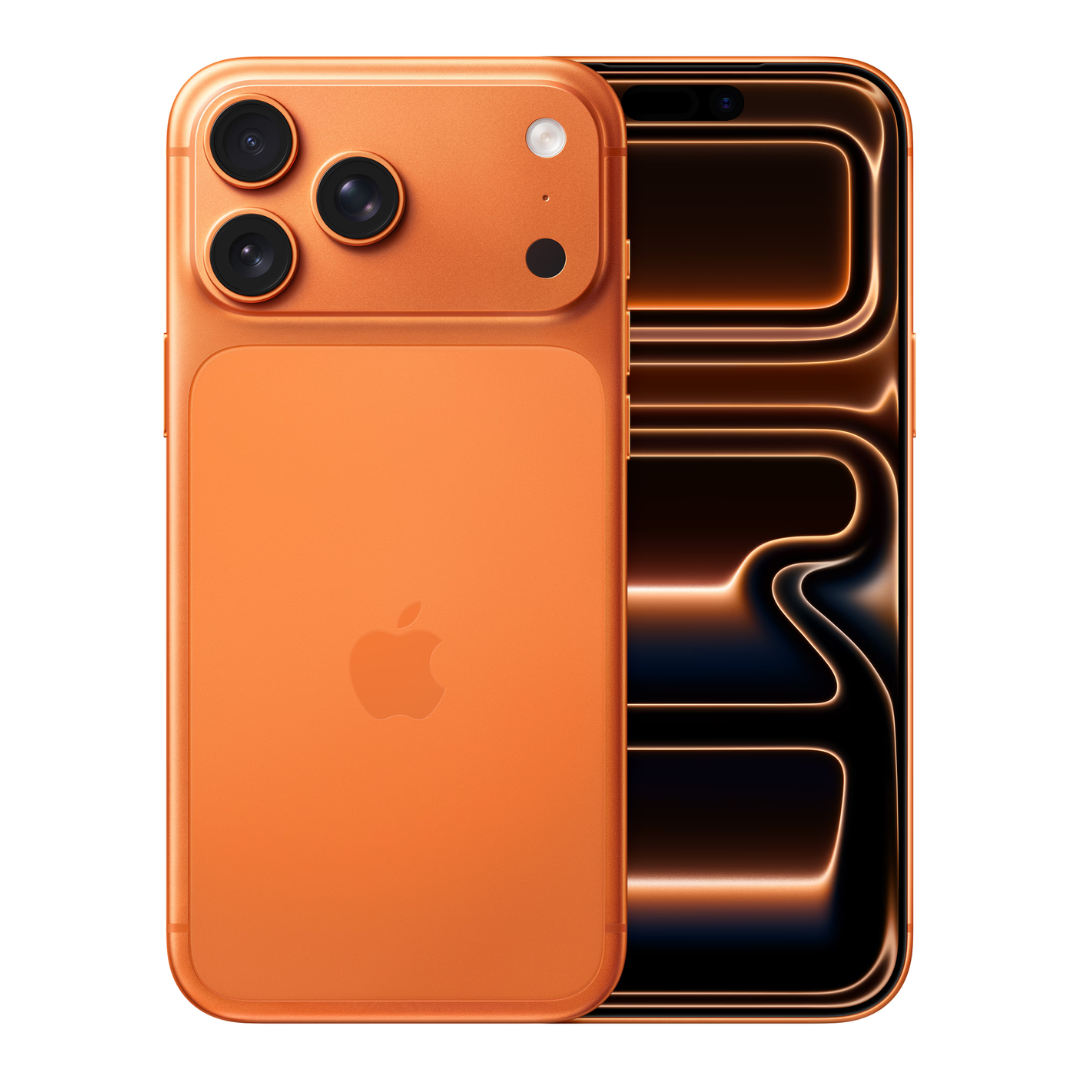
The iPhone 17 Pro Max pushes the iconic iPhone in bold new directions, and it is the best iPhone our Editor has ever tested. It’s recognizable, but different in ways that make it eye-catching, featuring a fresh design and a camera array that sets a new high-water mark for smartphone photography. For people who demand more from their smartphone, there is no better choice.
Read more below
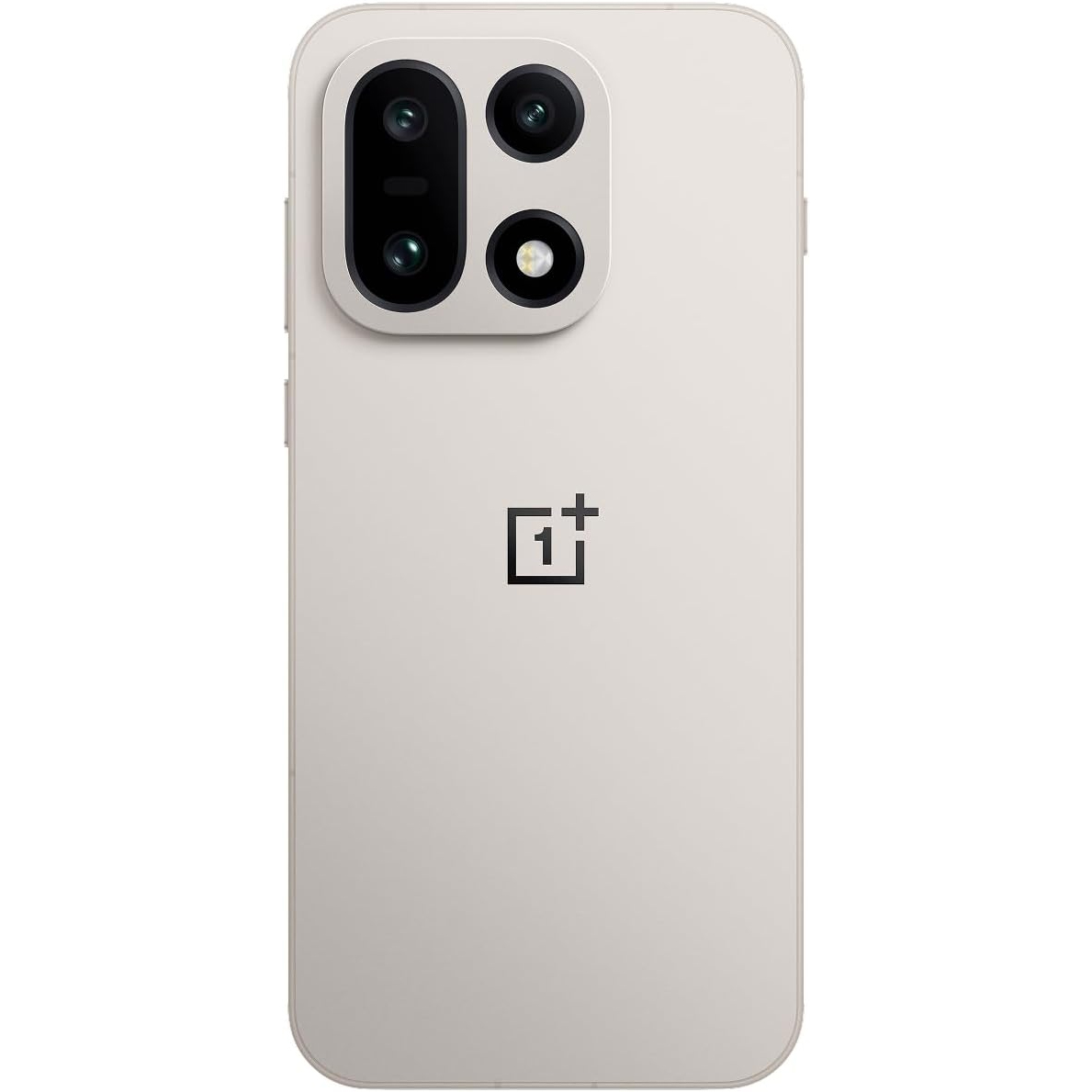
The OnePlus 15 is the "cure for the common phone," earning a rare perfect score for its ability to grant every smartphone wish a user could have. It delivers an unbelievable mix of endurance, performance, and durability that exceeds the capabilities of flagships costing hundreds more. If you want the absolute best Android experience available today, this is the phone to buy.
Read more below
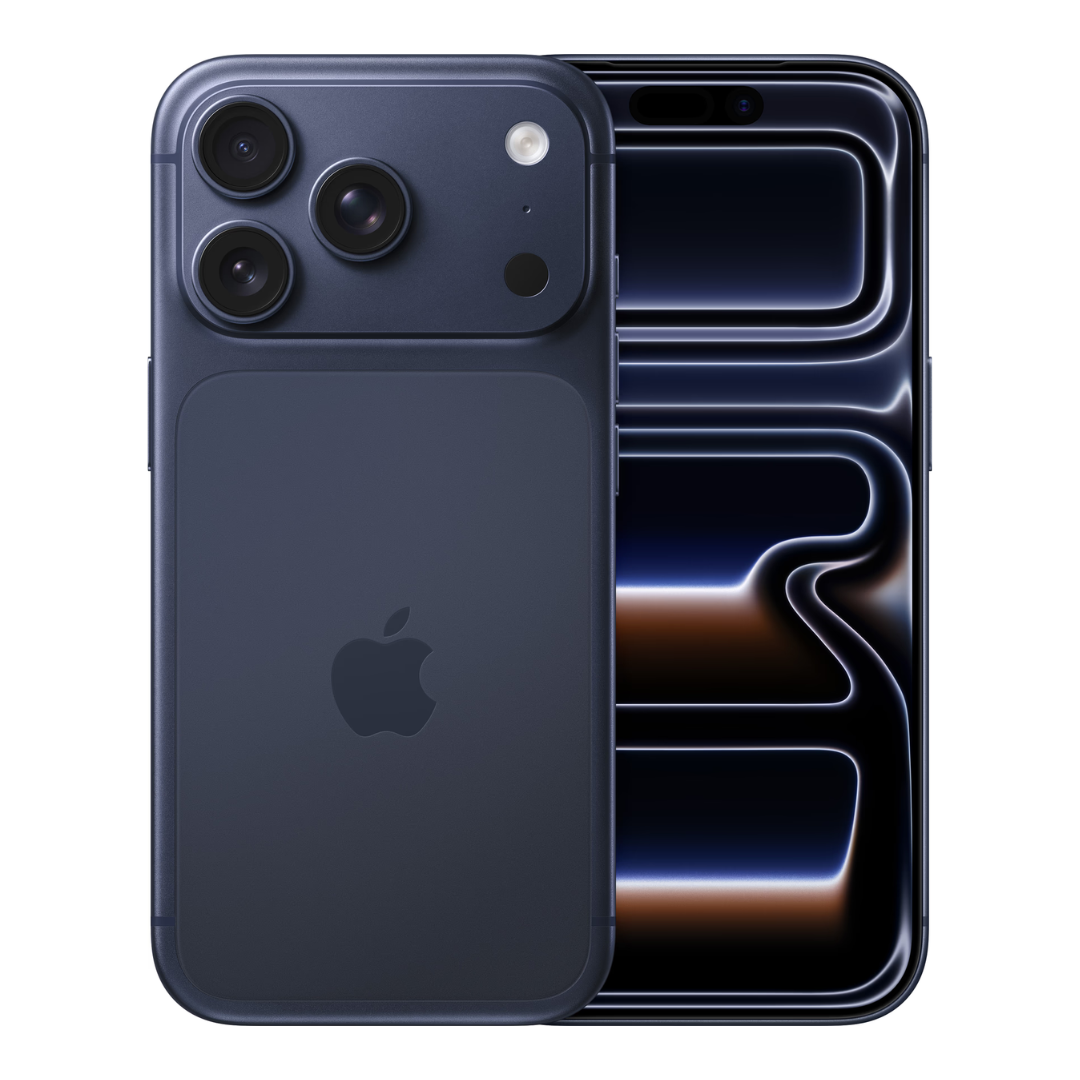
The iPhone 17 Pro is the ultimate choice for mobile photographers who want Apple's most advanced imaging technology in a pocket-friendly design. It features a complete "inside-out refashioning," including a triple 48MP camera array that produces professional-quality images. It’s the Pro-level iPhone for those who want a more pocketable form factor at a price that's a little closer to reasonable.
Read more below
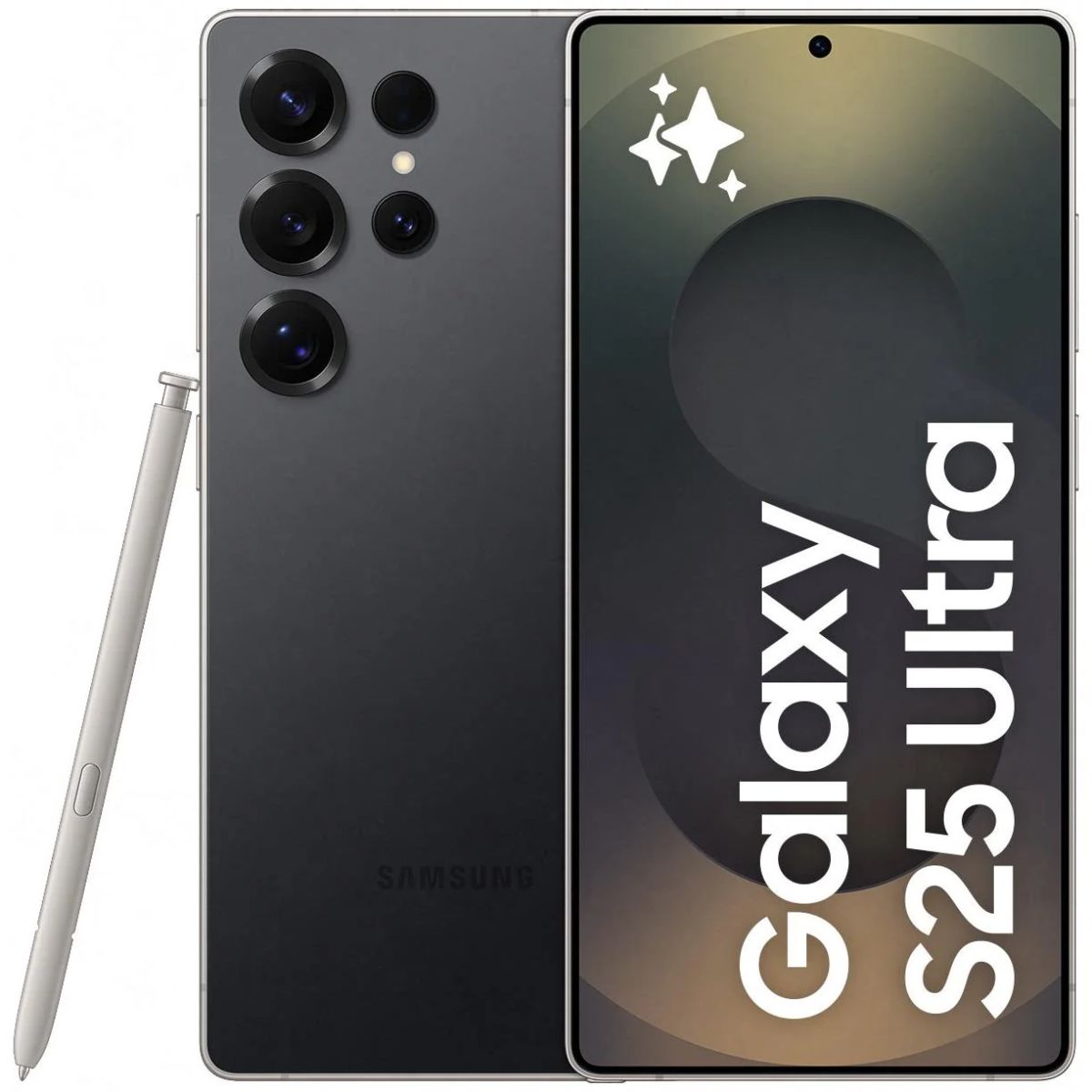
The Samsung Galaxy S25 Ultra is like having a full camera bag in your pocket. It's not the biggest step up from the Galaxy S24 Ultra, but it adds megapixels and improved performance with its Snapdragon 8 Elite inside. This is Samsung best camera phone ever, and one of the best camera phones you can buy overall.
Read more below
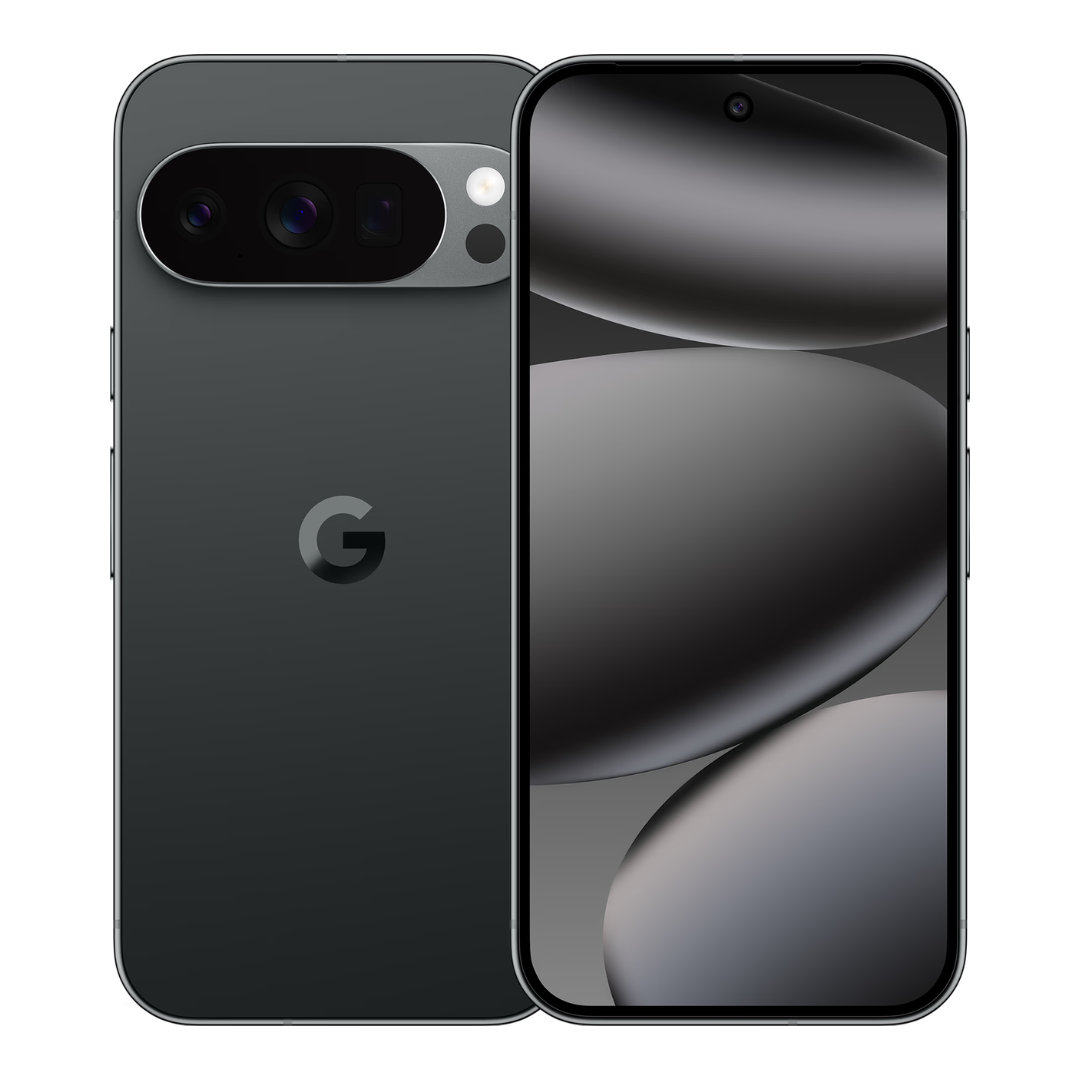
The Google Pixel 10 Pro is the "phone that makes life easier," delivering the most useful and integrated AI experience on any smartphone. While other brands focus on flashy tricks, Google provides "useful tools that actually work," like call screening that takes notes and a seamless voice translator. It is the most refined and appealing Pixel ever, designed for those who want a smartphone that acts as a true personal assistant.
Read more below
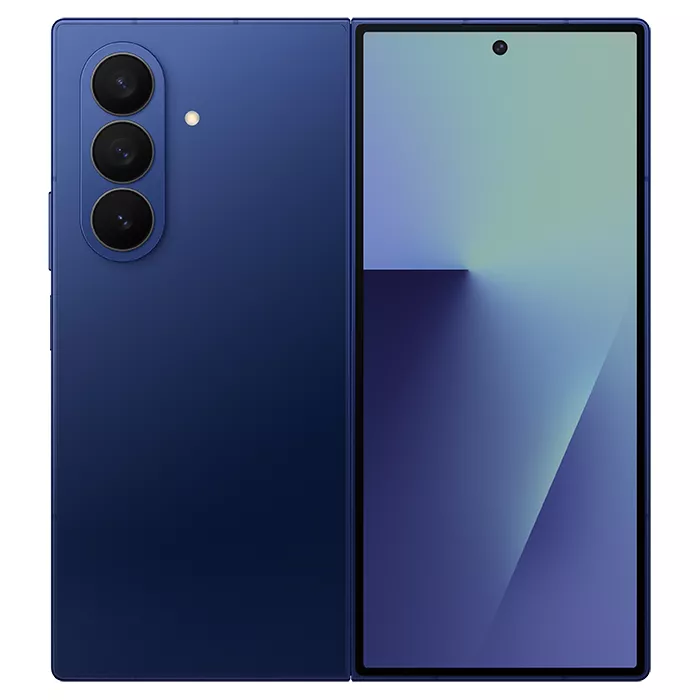
With the Galaxy Z Fold 7, Samsung returns to form, cramming even more power and technology into a device that is somehow thinner than ever before. With its 200MP camera, incredibly thin design, and humongous foldable display, this device is a cutting edge mobile computer, with a price tag to match its exceptional quality.
Read more below
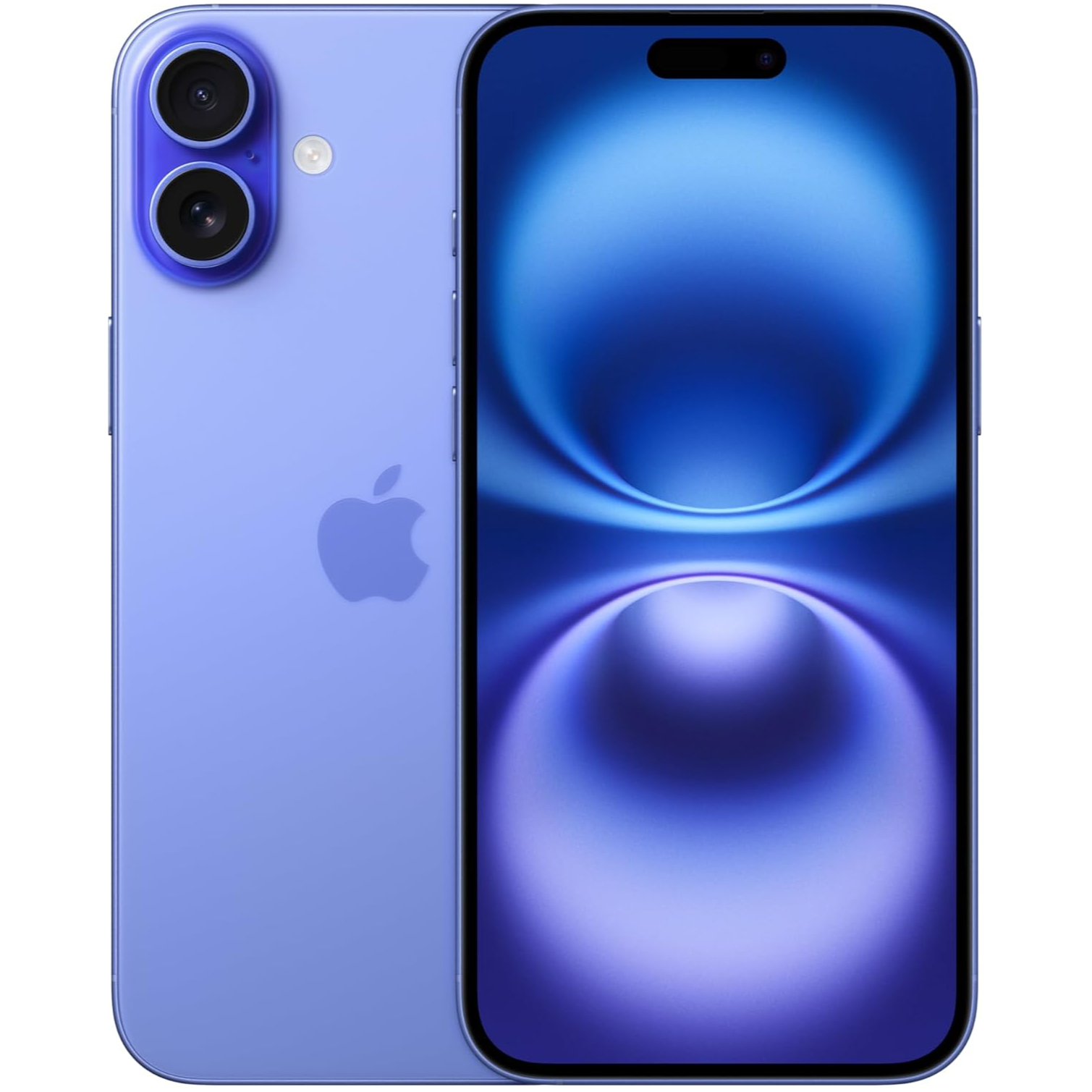
The iPhone 16 Plus had the longest battery life of almost any iPhone I've tested, both in the real world and in Future Labs. The iPhone 17 Pro Max may last a bit longer, but for hundreds less, the iPhone 16 Plus is the right choice if longevity is your concern.
Read more below
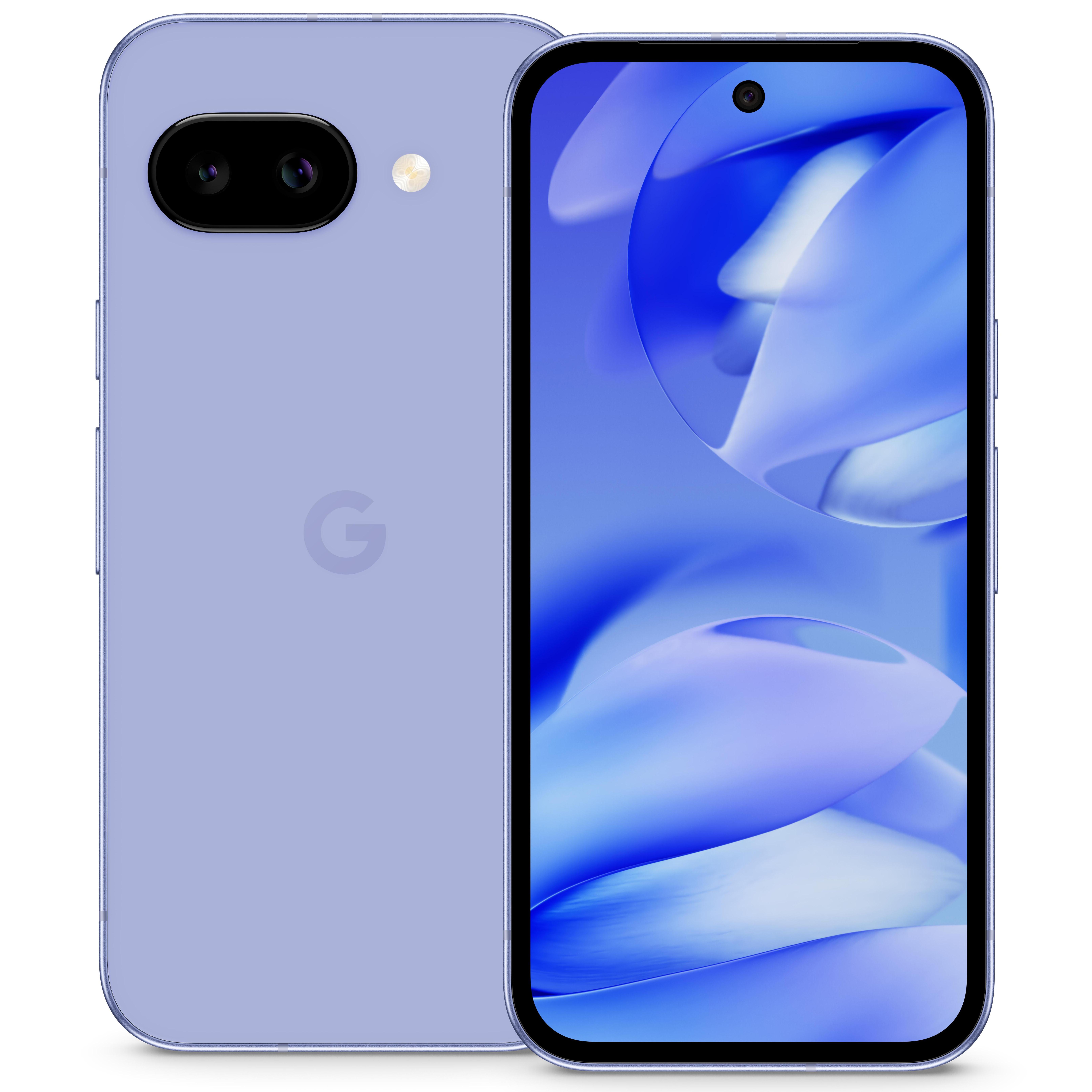
The Pixel 9a is the latest bargain phone from Google, and it gets the same processing power and much of the same camera capabilities as the mighty Google Pixel 9 Pro. Sadly, it veered a bit too far from the Pixel look, but it also comes in at a much lower price, making it not only a bargain Pixel, but the best bargain phone I've tested overall. Look for deals on this one, but even at full price it's a great phone to buy.
Read more below
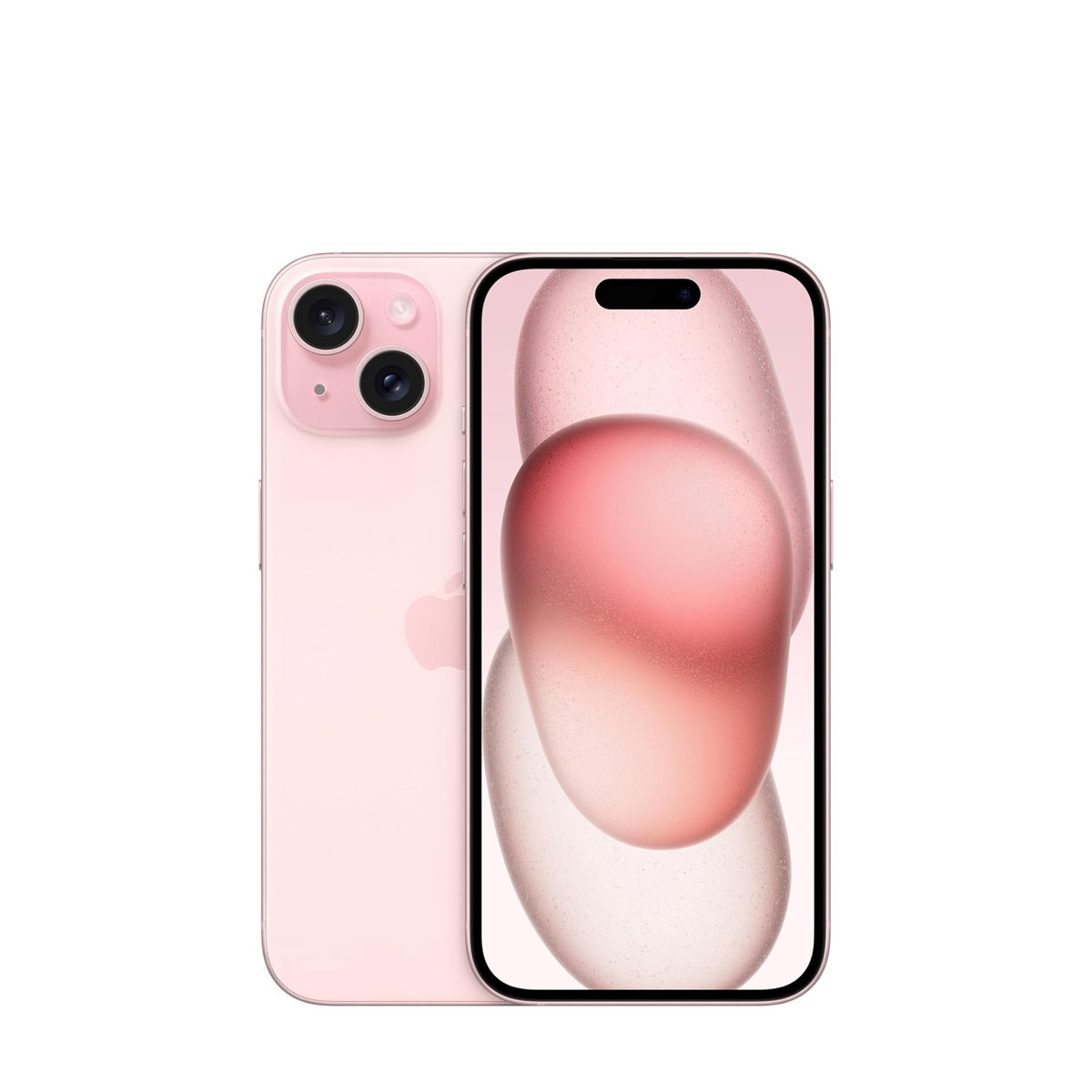
The iPhone 17 is the best iPhone in years, making it the ideal choice for teens who want the coolest features without the professional price tag. Apple has finally brought long-overdue "Pro" features like a buttery-smooth 120Hz screen and an Always-On display to this more affordable model. With vibrant new colors, double the starting storageAp, and a front camera that finally makes group selfies easy, it’s the most fun and reliable iPhone for social-heavy users.
Read more below
The best phone in 2025
Why you can trust TechRadar
Below, you'll find in-depth details about each of the best phones on our list. I've tested each model extensively, so you can be sure to trust our recommendations.
The best iPhone
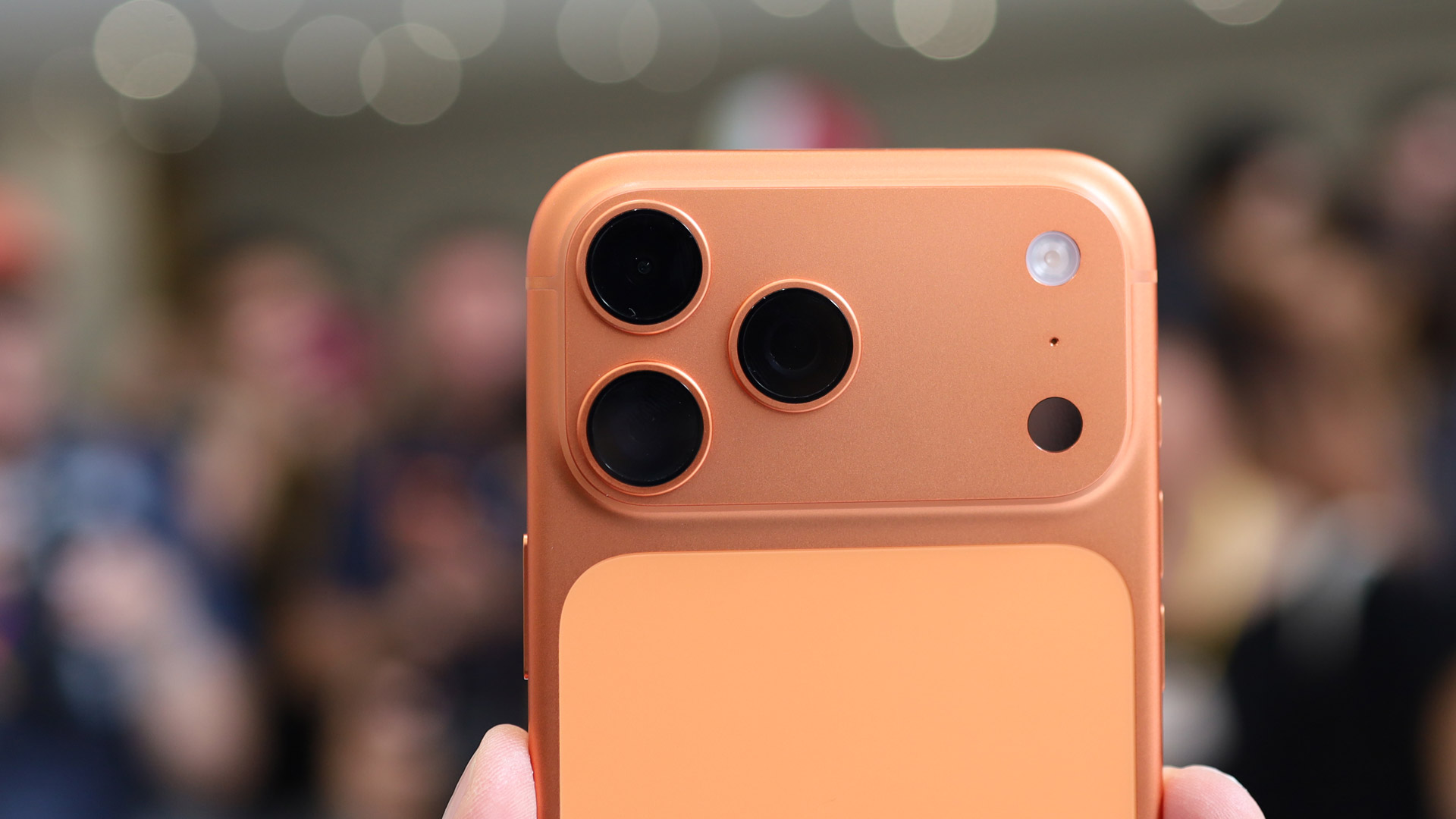

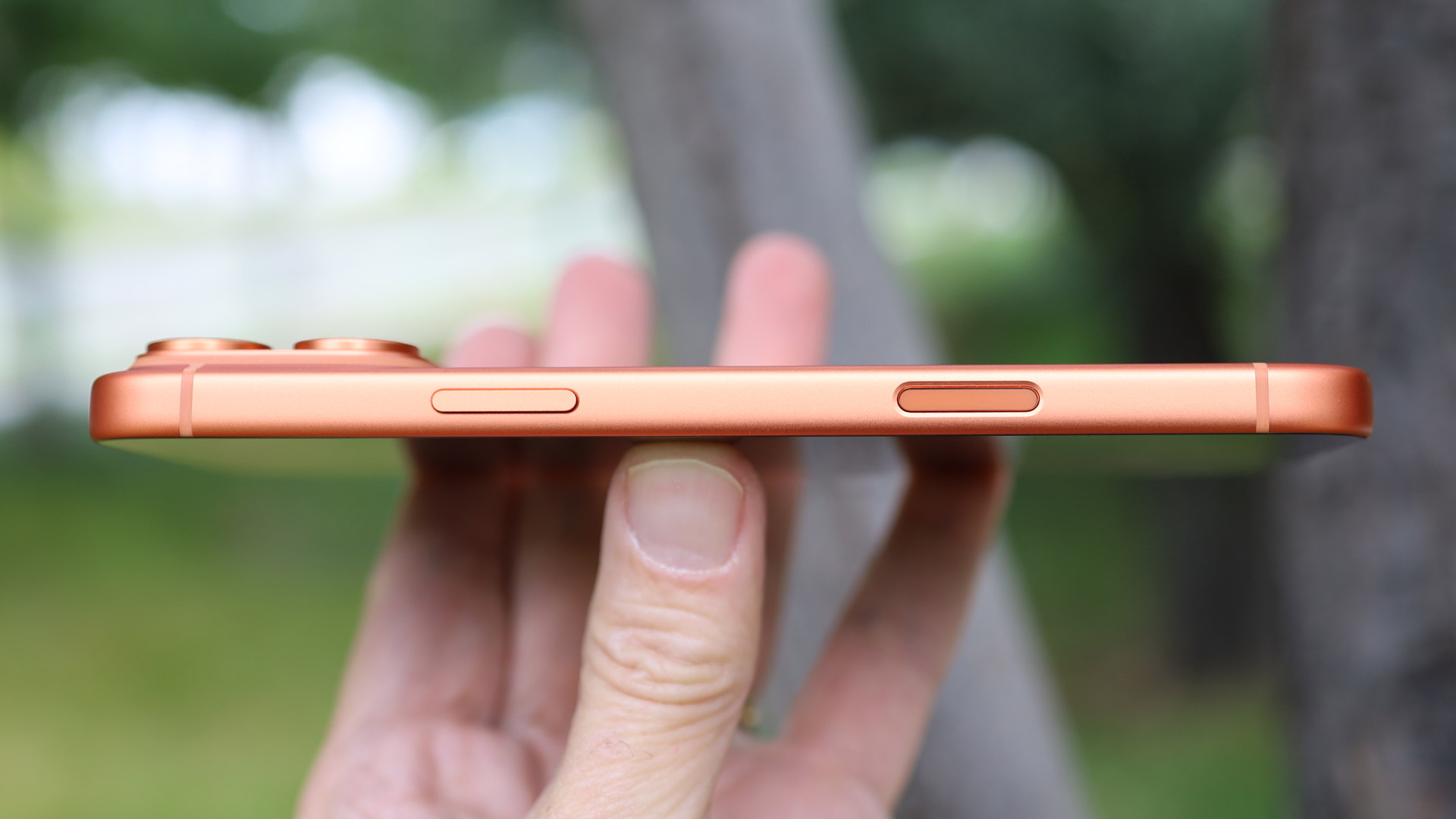
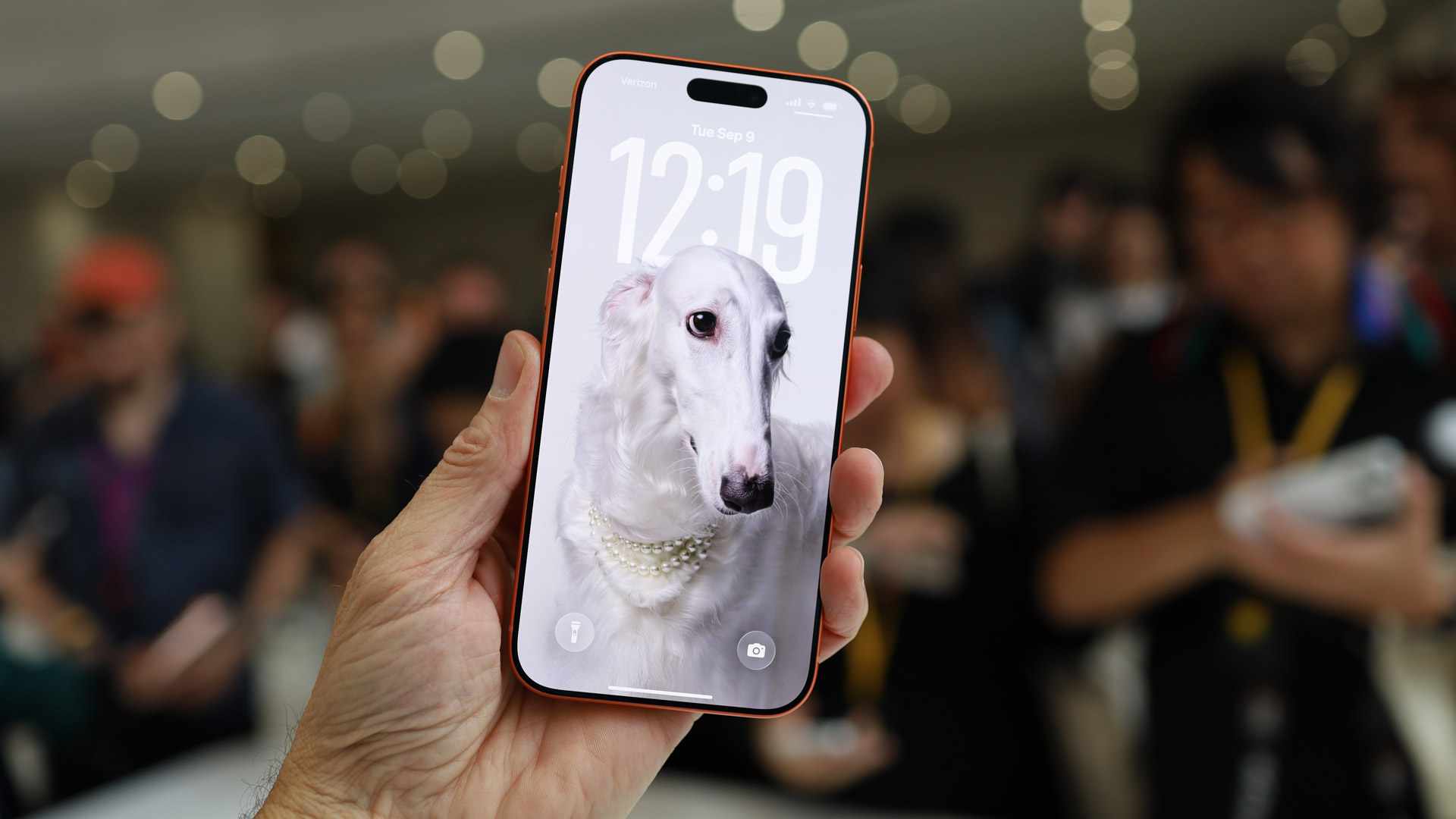
1. Apple iPhone 17 Pro Max
Our expert review:
Specifications
✅ You want the best iPhone ever made: This is the pinnacle of Apple’s engineering, offering the biggest screen, best battery life, and most powerful internals.
✅ You want pro-level photography: Between the three 48MP sensors and the new 8x optical-quality zoom, this phone produces some of the best photos I have ever seen from a smartphone.
❌ You want an affordable flagship: The Pro Max remains at the top of the price bracket. If you want a more budget-friendly option, you might consider the standard iPhone 17.
❌ You prefer a more compact device: At 6.9 inches, this is a massive phone. The iPhone 17 Pro offers almost all the same features in a smaller, more pocketable frame.
📱 The iPhone 17 Pro Max is the ultimate smartphone for those who want it all. With its bold new design, the incredibly powerful A19 Pro chip, and a camera system that redefined my expectations for mobile photography, it is a powerful, durable, and stylish beast. ★★★★½
Design: This year's iPhone 17 Pro Max features a fresh redesign with new materials and a broad, bold camera plateau that adds a distinctive flair. The unibody chassis is carved out of aluminum, allowing for the striking new Cosmic Orange finish. Because Apple has radically cut down on edges, the phone feels incredibly comfortable to hold, and the switch to aluminum provides useful heat-management benefits.
Display: The expansive 6.9-inch Super Retina XDR OLED is brighter than ever, now ranging up to 3,000 nits. In my tests, it is significantly more visible in direct sunlight, an effect assisted by a new anti-reflective coating. With its narrow bezels and butter-smooth ProMotion technology, everything from photos to games looks fantastic on this giant canvas.
Camera: This is undoubtedly Apple's best camera array yet. There are now finally three 48MP lenses on the rear, including a new 48MP 4x optical zoom lens that offers access to a stunning 8x sensor-crop zoom. The new 18MP Center Stage selfie camera is a game-changer, automatically widening the frame for group shots and allowing you to rotate the frame into landscape mode via software. Whether you're shooting night photography or professional-grade 4K 120fps video, the results are eye-popping.
Performance: The new A19 Pro chip, supported by 12GB of RAM, raises the bar for smartphone power. It ably handles 4K video editing and AAA console-level gaming with equal aplomb. What’s more remarkable is the new vapor-chamber heat management system, which keeps the phone relatively cool to the touch even during heavy workloads, helping the system maintain peak performance.
Battery life: The iPhone 17 Pro Max combines power and efficiency with a larger battery to provide incredible longevity. In my experience, I went over 30 hours before needing a charge. Wired charging is also faster this year, reaching a 50% charge in just 20 minutes with a compatible high-wattage adapter.
Value for money: While it’s a true pro-level smartphone with a price tag to match, Apple has held the line on pricing, starting at the same $1,199 as the previous model. Given the significant upgrades to the camera system, design, and performance, the iPhone 17 Pro Max offers more value than ever for creative professionals and power users.
Read our full iPhone 17 Pro Max review
Attributes | Notes | Rating |
|---|---|---|
Value | More power, fresh design and better camera while holding the line on price. | 4 / 5 |
Design | New look, materials, and color while still undeniably iPhone. | 5 / 5 |
Display | Apple holds the line on its display technology but enhances it just enough with a brighter and more resilient screen. | 4.5 / 5 |
Software | iOS 26 brings Liquid Glass to virtually every corner of the iPhone with mostly positive results. We could do with some less translucency in a few spots. Apple Intelligence improves but we await the full-boat Siri experience. | 4.5 / 5 |
Camera | Three fantastic cameras produce eye-popping images across a range of shooting styles. Happiness is the new 4x/8x zoom lens. | 5 / 5 |
Performance | Apple's A19 Pro chip is fast and effective in every scenario. It may be especially adept at local AI operations. The new heat management system helps keep the system relatively cool to the touch. | 5 / 5 |
Battery | Anecdotal battery tests provided 30-hours plus of battery but lab tests are lower. | 4.5 / 5 |
The best Android

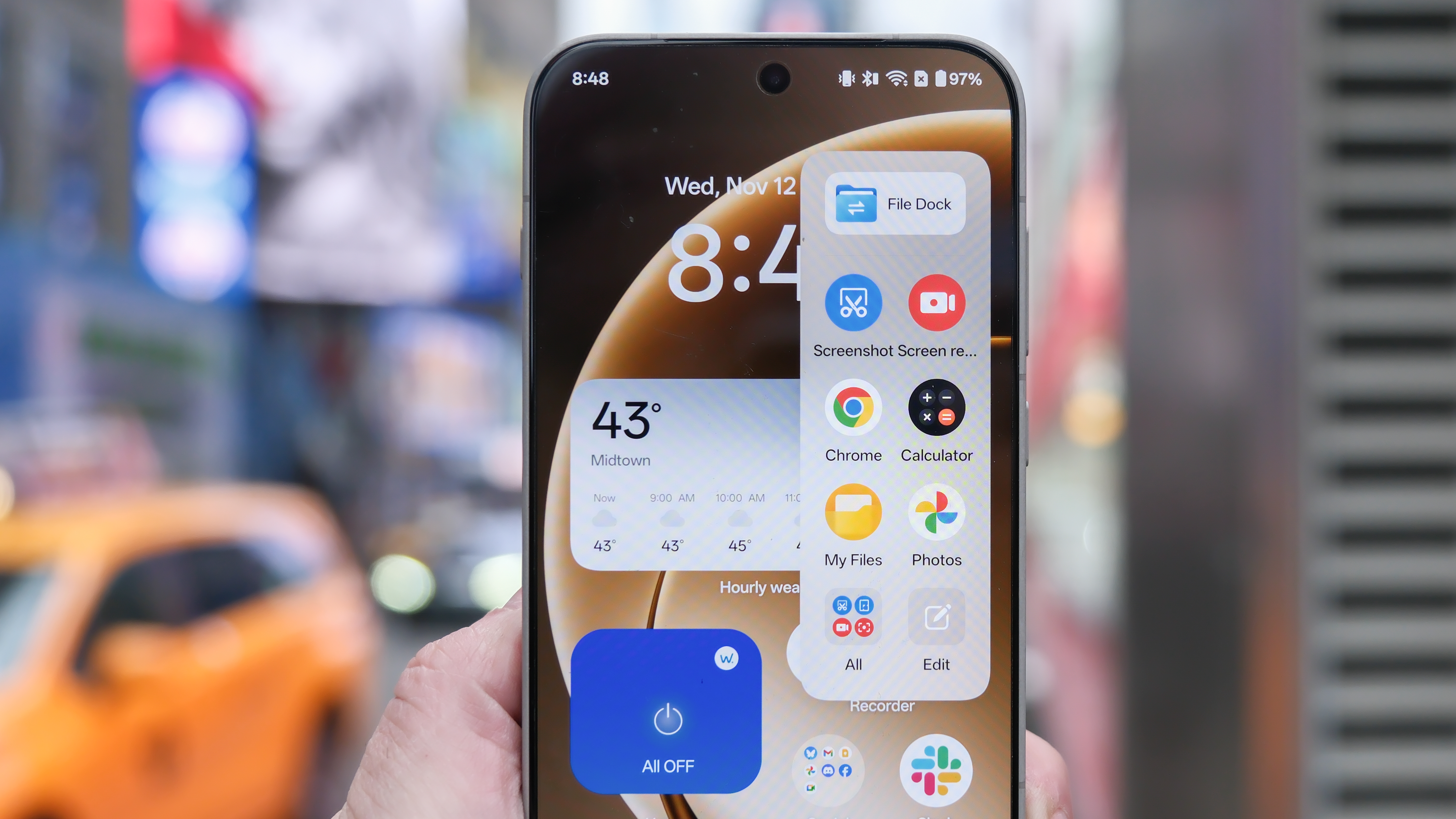
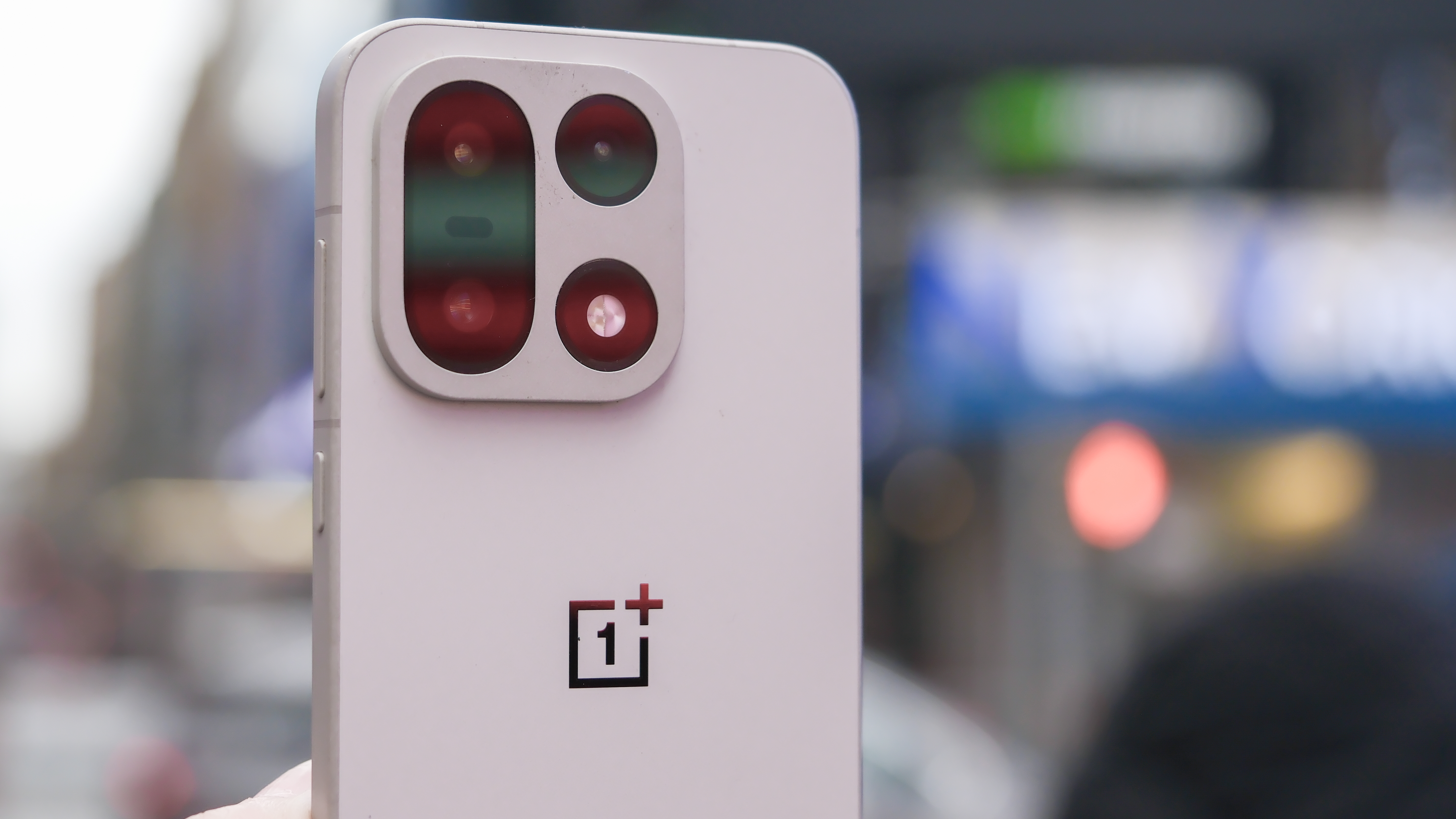
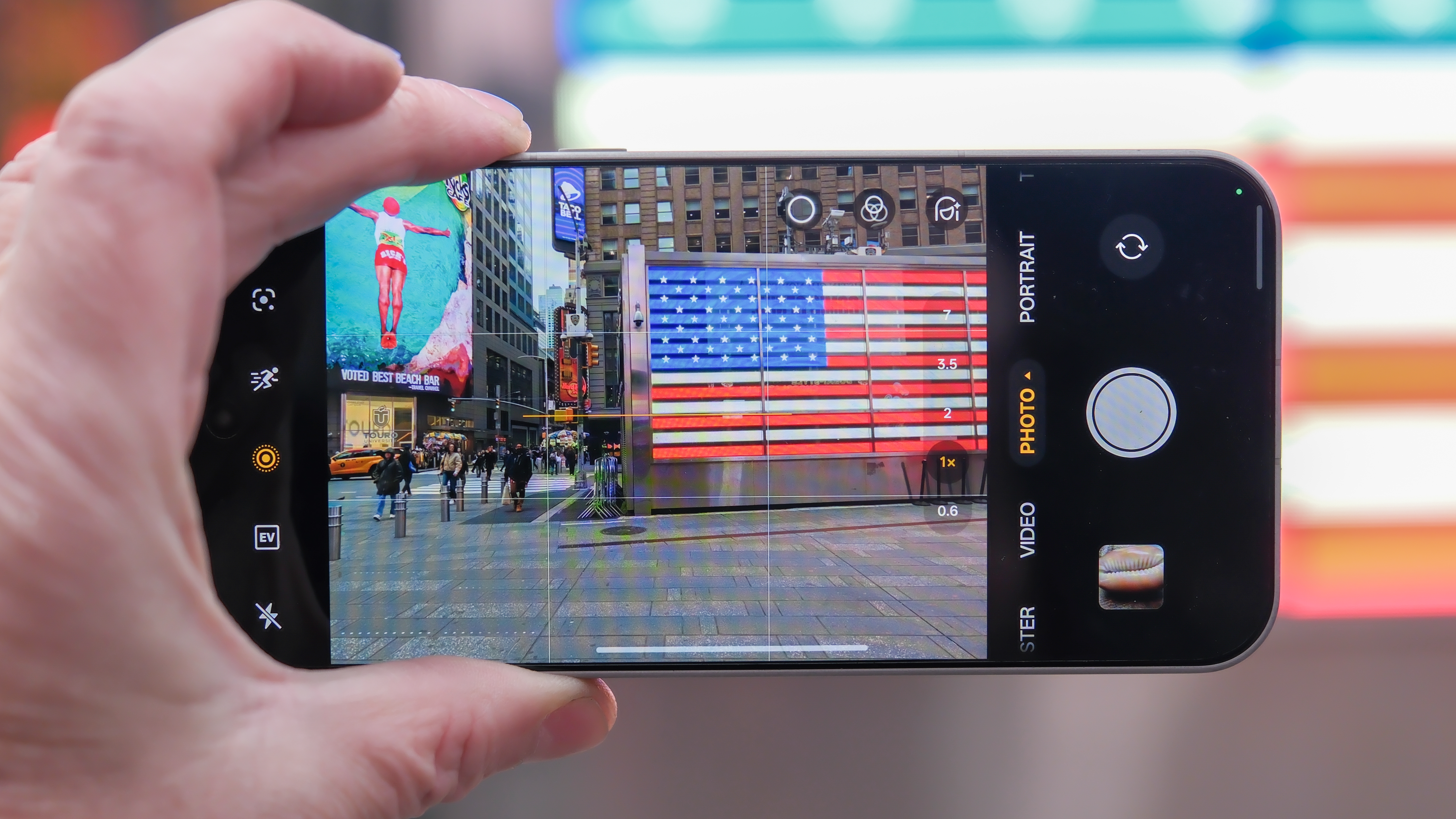
2. OnePlus 15
Our expert review:
Specifications
✅ You want the best battery life ever: This phone isn't just a leader; it's practically in its own category, lasting through entire weekends on a single charge.
✅ You need extreme durability: This is the only flagship phone certified to survive high-temperature water jets and heavy-duty use.
❌ You need a carrier payment plan: You’ll likely need to buy this phone upfront or through the manufacturer, as it isn't sold through major carrier contracts.
❌ You rely on built-in magnets: There are no magnets built into the chassis for MagSafe-style accessories, though you can easily add this functionality with a OnePlus case.
📱 The OnePlus 15 is a perfect smartphone. It demolishes expectations with its three-day battery life, console-quality gaming performance, and incredible durability. It isn't just a step down from more expensive flagships - it’s the phone they are trying to keep up with. ★★★★★
Design: The OnePlus 15 features a refined, precisely machined design that prioritizes durability without the bulk of a "rugged" phone. It is remarkably svelte, being only a hair thicker than an iPhone 17 despite housing a massive battery. The new design is "Jurassic tough," certified to survive intense, high-temperature water sprays and drops that would shatter lesser devices.
Display: This 6.78-inch LTPO OLED screen is a marvel, especially for gamers. While it offers a smooth 1-120Hz refresh rate for everyday tasks, it can push to a staggering 165Hz in gaming mode. It features the most consistent and quick fingerprint scanner I’ve used on a phone this year, rivaling the speed of Apple’s FaceID.
Camera: For hundreds less than its "Ultra" competitors, you get a versatile triple 50MP camera array, including a high-quality 3.5x optical zoom lens. It is particularly impressive for action photography; the combination of zoom and its high-speed shutter captures fast-moving subjects—like a football in mid-air—with incredible clarity even in challenging light.
Performance: As one of the first devices featuring the Qualcomm Snapdragon 8 Elite Gen 5, the OnePlus 15 is a benchmark champion. It puts that power to practical use in mobile gaming, where titles like Call of Duty look and play like current-gen console games with flawless frame rates. Everyday tasks feel instantaneous thanks to the polished OxygenOS 16.
Battery life: The battery life is so good you’ll swear I’m exaggerating. The massive 7,300mAh cell lasted nearly three full days in my real-world testing. When you finally do need to charge, the included 80W charger (up to 100W in some regions) can take you to an 80% charge in just 30 minutes. It even supports 50W wireless charging, which is faster than most flagship wired connections.
Value for money: The OnePlus 15 is a "flagship killer" in every sense. It offers the performance and battery of a $1,300+ phone for a starting price of $899. While it isn't sold in carrier stores, its top-tier specs and build quality make it a much better deal than almost any other high-end phone on the market.
Read our full OnePlus 15 review
Value | Priced less than competitors’ Pro and Ultra models, with features that blow those flagships out of the water. I wish it were available on a payment plan, but it’s a fantastic value nonetheless. | 5/5 |
Design | A more refined design gives up flashy colors and a ginormous camera bump for extreme durability and classy looks. It’s astonishing OnePlus got so much tech into this phone, especially the huge battery. | 5/5 |
Display | Excellent display is bright and colorful, and capable of extreme gaming performance with the right titles. It can refresh up to 120Hz, or up to 165Hz on select games, and you can really see the difference when you play. | 5/5 |
Software | Smooth and polished version of Android 16 in Oxygen OS, with plenty of useful customization options and features, and just the right touch of AI (that you can also ignore). This phone also has 4 years of updates on the way. | 5/5 |
Cameras | Excellent camera quality beats anything at this price range and aims to be one of the best camera phones you can buy. For action shots and detailed zoom photos, the OnePlus might be the best choice, but all of my pics looked good and there are camera modes I still want to try. | 5/5 |
Performance | Top notch performance makes this phone a benchmark champ, and OnePlus puts all of that power to use in fantastic gaming. Max out the graphics on your favorite title, this phone can defeat whatever monsters you throw its way. | 5/5 |
Battery | Unbelievable battery life thanks to a massive cell hidden inside the svelte design. This phone beats everything by hours and hours - it lasted almost three days in my real world testing. Also it charges super fast, if you ever need to charge it. | 5/5 |
The best iPhone cameras


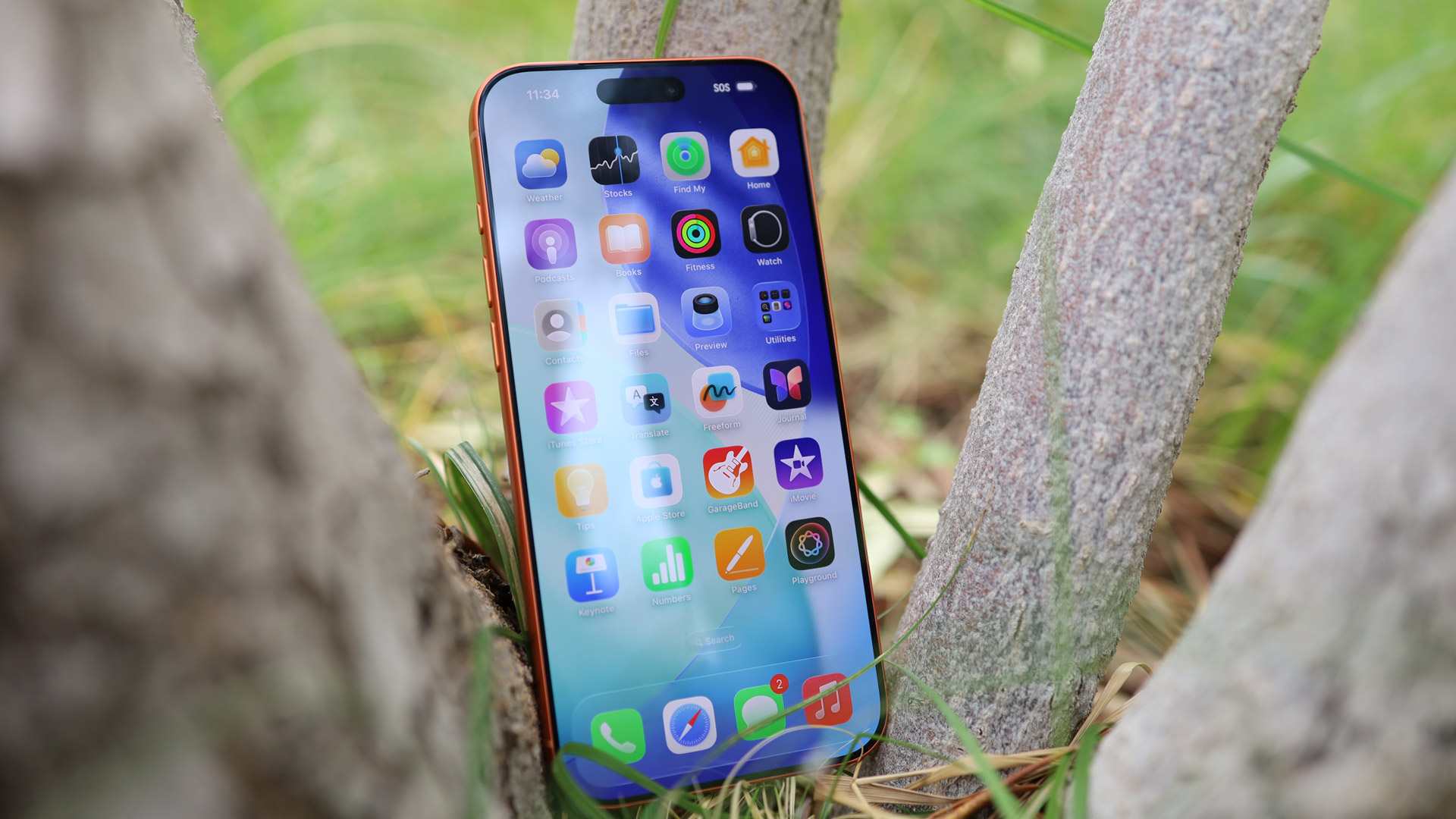
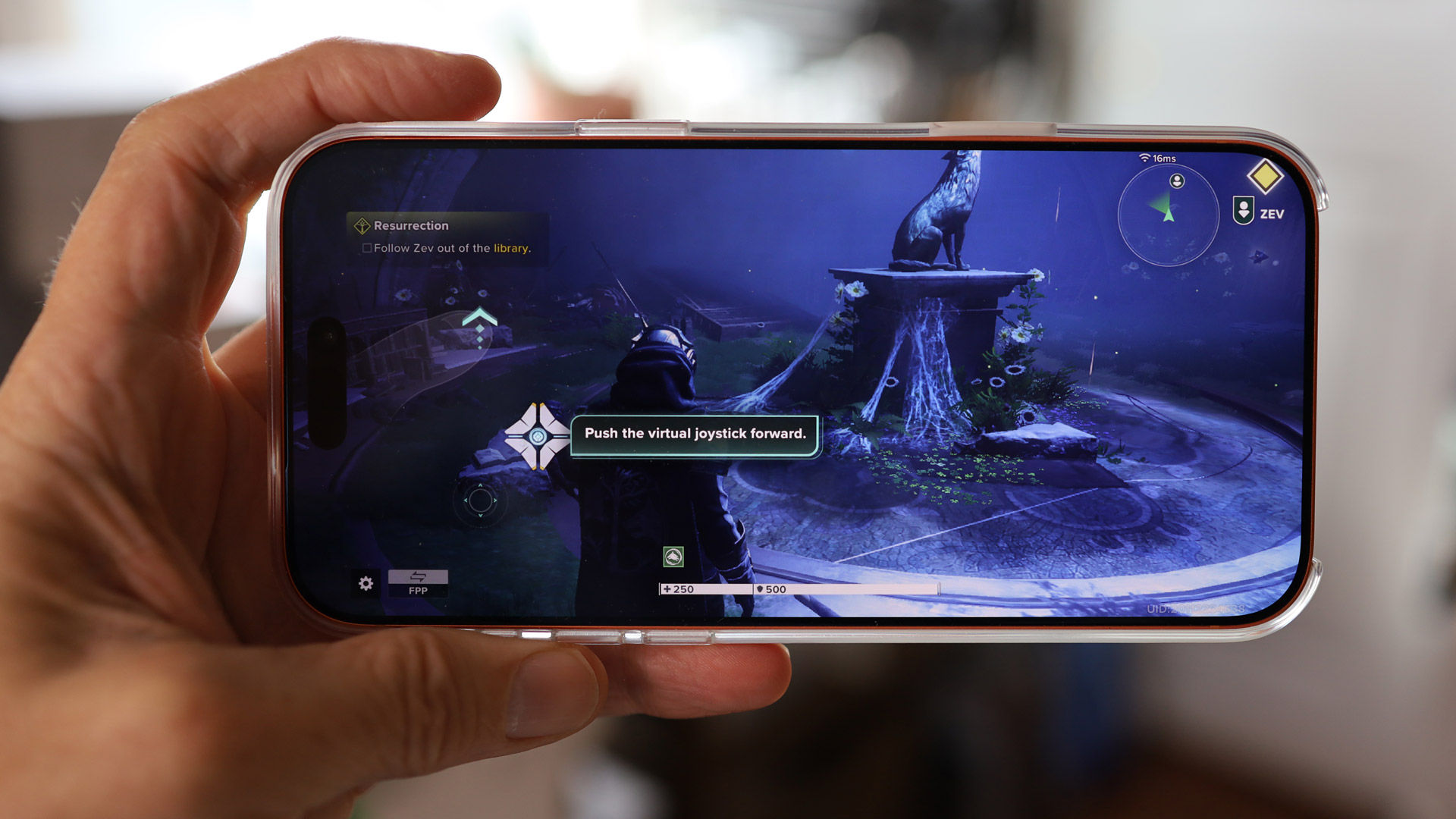
3. Apple iPhone 17 Pro (and Pro Max)
Our expert review:
Specifications
✅ You want the best cameras in a smaller size: You get the same triple 48MP array and 8x sensor-crop zoom as the Pro Max without the extra bulk.
✅ You are a selfie enthusiast: The Center Stage Camera's ability to fit groups automatically and switch to landscape mode is brilliant.
❌ You want the absolute maximum screen space: If you prefer a 6.9-inch canvas for movies and games, the Pro Max is still the king.
❌ You need more than 1TB of storage: The Pro Max is the only model that offers the massive 2TB storage tier.
📱 The iPhone 17 Pro is the "Pro for less," delivering Apple's most powerful camera array, a brilliant 3,000-nit screen, and the lightning-fast A19 Pro chip in a stylish, pocketable design. It’s a photography powerhouse that never fails to impress. ★★★★½
Design: The iPhone 17 Pro features a bold, nearly full-width camera plateau and a new aluminum unibody design. This switch from titanium allows for striking new colors like Deep Blue and Cosmic Orange. The aluminum body is carved with smoother corners, making the 6.3-inch device feel incredibly comfortable and secure in your hand.
Display: The Super Retina XDR display is sharper and more resilient than ever. It now hits a peak brightness of 3,000 nits, which, combined with a new anti-reflective coating, makes it easy to view even in direct, harsh sunlight. ProMotion technology keeps everything from scrolling to AAA gaming butter-smooth with its 120Hz refresh rate.
Camera: This is the best camera array Apple has ever produced. For the first time, all three rear lenses feature 48MP sensors: A versatile 48MP (f/1.78) lens with a 2x optical sensor crop. A 48MP (f/2.2) lens that shoots stunning 24MP wide shots and 12MP macros. A 48MP (4x optical) lens that can achieve an incredible 8x optical sensor crop.
Performance: Powered by the A19 Pro chip and 12GB of RAM, the iPhone 17 Pro is a "little powerhouse." It features a new vapor chamber heat-management system that wicks heat away from the processor, allowing it to maintain peak performance during intense tasks like 4K video editing or console-grade gaming.
Battery life: Despite its smaller size, the iPhone 17 Pro offers the best battery life ever seen on a base Pro model, lasting between 25 and 30 hours in my testing. This is thanks to a larger physical battery and the energy efficiency of the A19 Pro chip. It also supports faster wired charging, reaching 50% in just 20 minutes with a compatible adapter.
Value for money: Starting at $1,099, the iPhone 17 Pro offers the exact same camera system and processor as the larger Pro Max. It is a "better phone in virtually every way for the same price as last year," providing professional-grade tools in a more affordable and manageable package.
Read our full iPhone 17 Pro review
Attributes | Notes | Rating |
|---|---|---|
Value | A better phone in virtually every way for the same price as last year. | 5 / 5 |
Design | A refreshed design that also brings some performance dividends. | 5 / 5 |
Display | Display technology slightly better thanks to more brightness and a tougher screen. | 4.5 / 5 |
Software | iOS 26 is gorgeous but sometimes a bit overdone. Still the overall software package, even without the ultimate Siri Apple Intelligence upgrade, is excellent. | 4.5 / 5 |
Camera | The best camera array Apple has ever produced. | 5 / 5 |
Performance | A19 Pro is powerful and backed by more memory than ever. It's ready for any task. | 5 / 5 |
Battery | A bigger battery means 30 hours of operation is possible. | 4.5 / 5 |
The best Android cameras
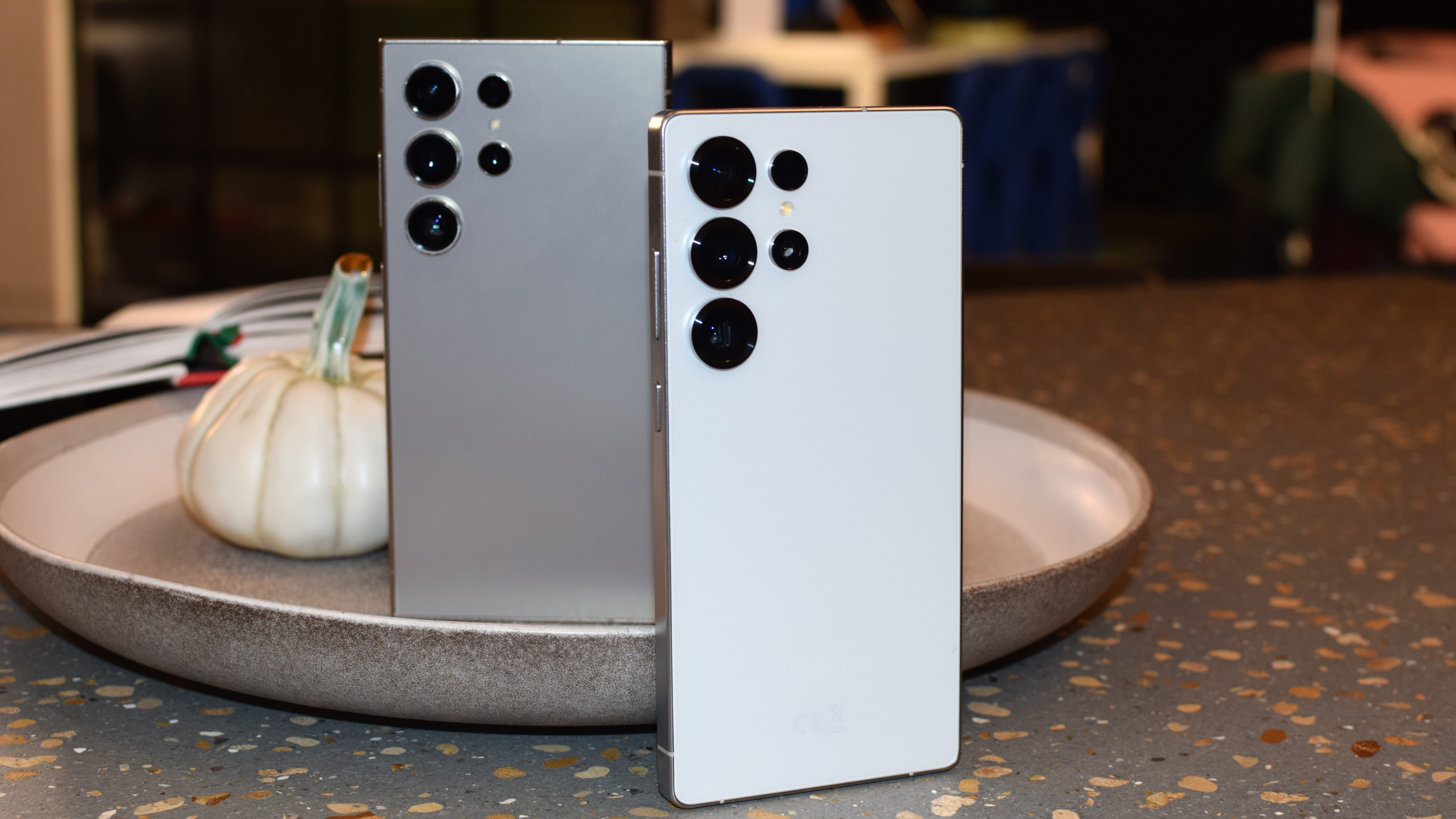
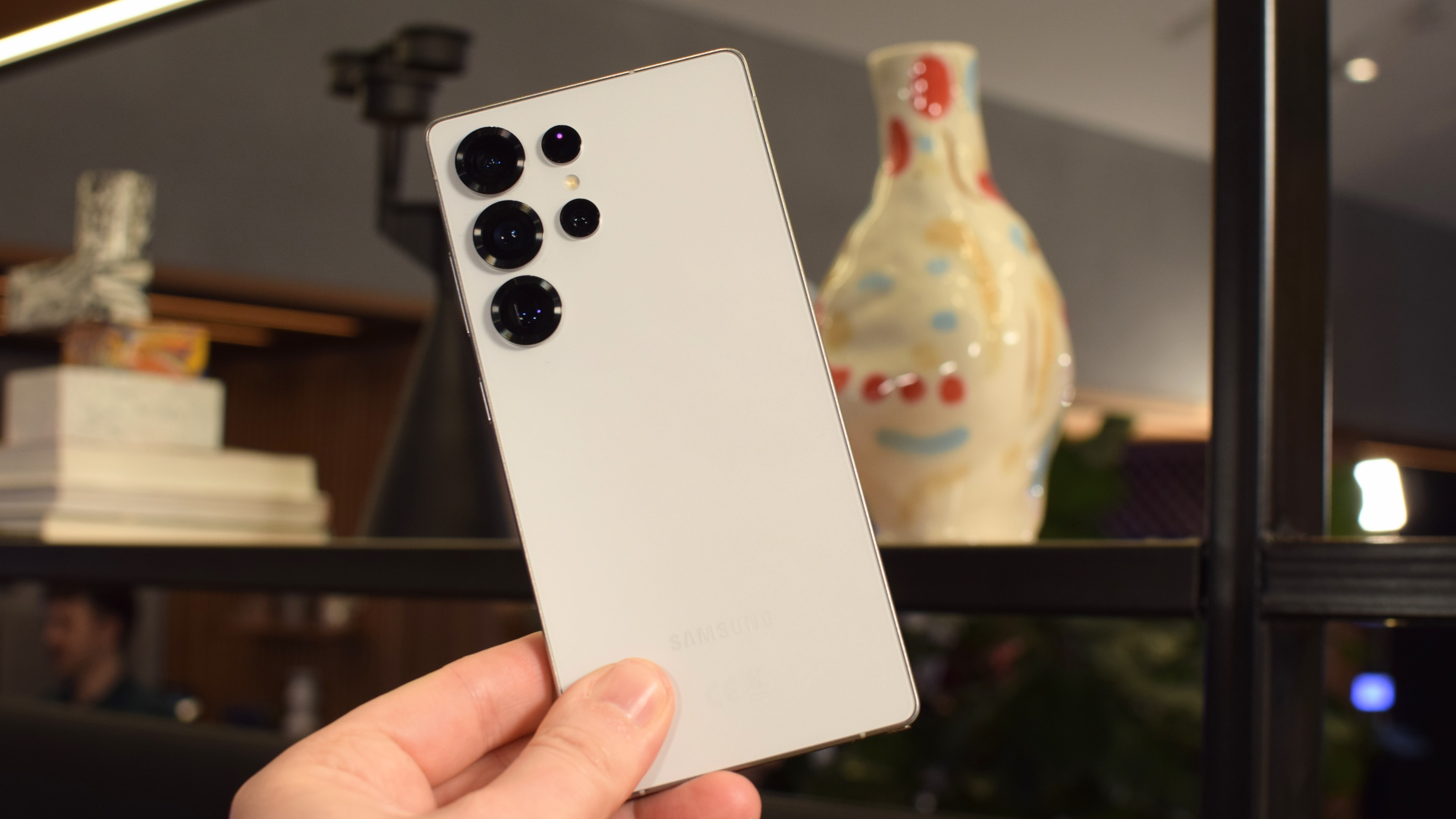
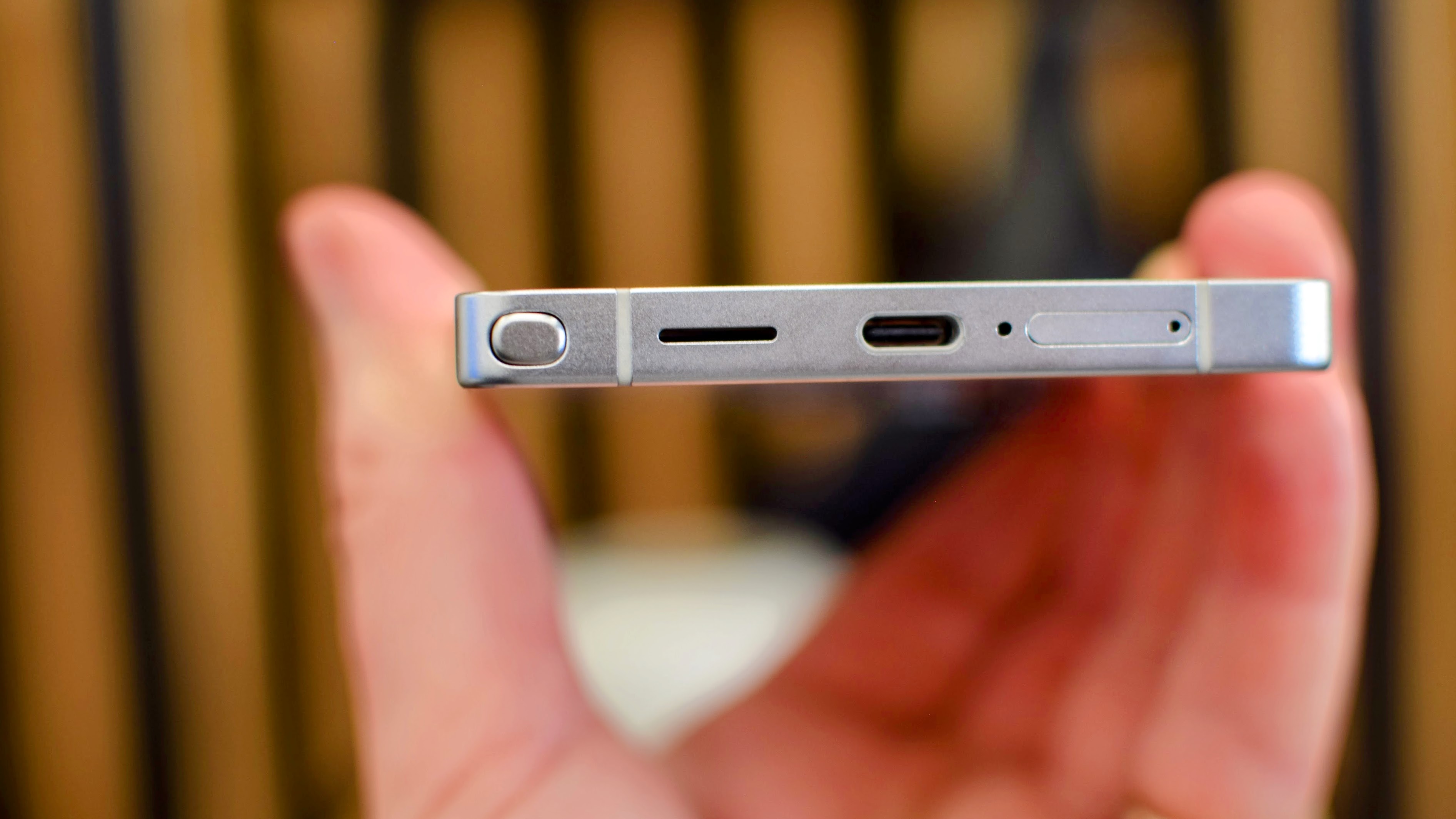
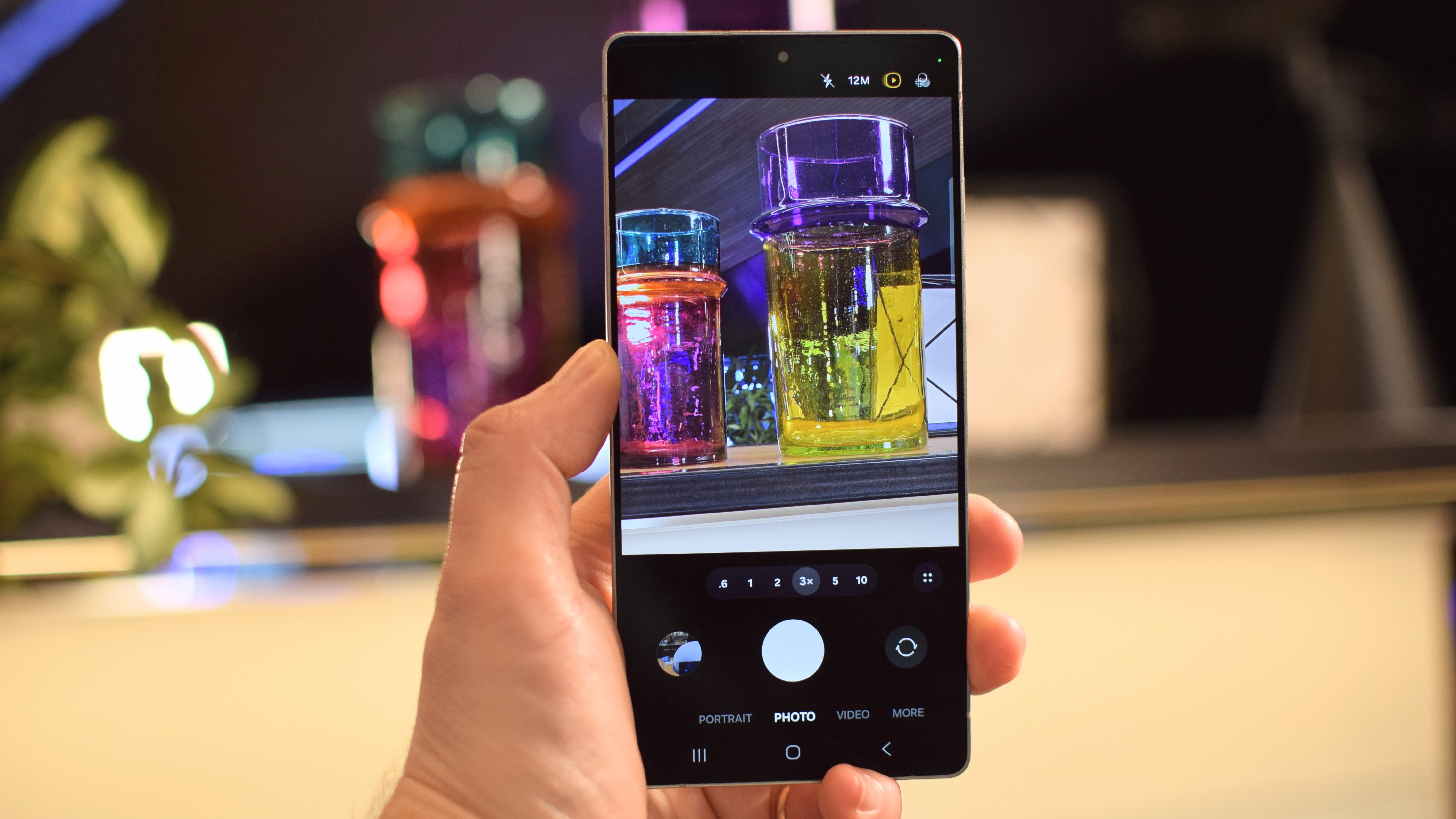
4. Samsung Galaxy S25 Ultra
Our expert review:
Specifications
Reasons to buy
Reasons to avoid
✅ You want more than just a smartphone: The Galaxy S25 Ultra can do more than any other smartphone. It can be a laptop replacement, a note pad and pen, and an entire camera bag.
✅ You want to feel the future: The Galaxy AI features keep improving, especially in the camera and Gallery app. There are definitely more AI features to come, so this phone could get better with time.
❌ You don't need all of that phone: If you don't need everything and more, you can spend less on the Galaxy S25 Plus. It just won't have the amazing cameras you get with the Galaxy S25 Ultra.
❌ You prefer elegance and simplicity: Samsung software isn't getting better, though it is getting prettier. It's still complicated, with many duplicate apps and bloatware you don't want.
📱 The Galaxy S25 Ultra takes smartphone cameras to the extreme. You won't find a more versatile, refined, and clever device, but that power and performance comes at a high price tag. If you don't need all the Ultra features (still with the S Pen?), get the Galaxy S25 Plus instead, but if you want the best cameras, and the best Galaxy overall, the Galaxy S25 Ultra is the phone to beat. ★★★★½
Samsung's Galaxy S25 Ultra redefines smartphone performance. It stands out as arguably the best overall phone available. It surpasses the iPhone in battery life and performance, features more versatile cameras than any other Android device, and includes unique features rarely seen on modern smartphones, such as the Samsung DeX desktop experience.
Design: The Galaxy S25 Ultra's design refinements, though subtle, are noteworthy. This substantial phone now features a more rounded profile, which makes it a bit more appealing, though it now looks just like the cheaper Galaxy S25. The screen has gotten just a tad bigger since last year's model, though the phone is lighter overall.
Display: The Galaxy S25 Ultra's bright OLED screen offers an unparalleled smartphone display experience. While slightly brighter or faster alternatives may exist, its anti-glare coating significantly improves outdoor visibility. Samsung's display delivers vibrant colors and exceptional sharpness for any task.
Camera: The Galaxy S25 Ultra offers the most versatile camera system on any smartphone, with its 3X and 5X zoom lenses, as well as normal wide and ultra-wide offerings. The zoom cameras use much smaller sensors, so the images are only good for sharing, not prints, but the results are still the most impressive of any phone you'll try.
Performance: For users demanding top-tier speed, the Galaxy S25 Ultra is the clear choice. In both benchmark tests and real-world scenarios involving gaming and productivity tasks, it demonstrated the fastest performance of any phone tested, even outperforming the iPhone 16 Pro. This marks a first for Android phones against Apple's custom-designed chipsets.
Battery: The Galaxy S25 Ultra easily provides two days of typical use, and it readily handles a full day of heavy use. Without an increase in battery capacity, that Snapdragon seems to sip power more slowly, resulting in significantly improved battery performance.
Value: The Galaxy S25 Ultra's price is high, and the improvements may not seem like a dramatic leap. However, Samsung's commitment to seven years of software updates, including major Android OS updates, significantly enhances the phone's long-term value, and the Snapdragon 8 Elite processor should be able to handle whatever the future throws its way.
Read our full Galaxy S25 Ultra review
Value | Samsung held fast on the Galaxy S25 Ultra price. it's not a cheap phone, but design updates, integrated AI and inclusion of the S Pen make it good value. | 4.5/5 |
Design | The Galaxy S25 Ultra is now fully part of the Galaxy S-series design family and that generally improves it. We have a bigger screen, thinner and lighter body, and we still have all the things that make an Ultra special, including the titanium, the S-Pen and a big-enough battery. | 4/5 |
Display | The biggest Ultra screen ever. It doesn't break any new ground on technology, but is still an excellent screen for all kinds of content and uses. | 5/5 |
Cameras | There are a lot of lenses here and they're backed by high-pixel counts that will result in extremely detailed photos. Samsung only updated one lens since the last Ultra, but choosing the ultra-wide was the right move, as it improves both ultra-wide and macro images. | 4.5 |
Software and AI | Samsung's and its partners' commitment to deep AI integration is laudable, and it makes for the most frictionless AI experience I've found on any smartphone. It's also backed by a solid and even more useful One UI update. And the AI experience will likely get richer over time | 4.5/5 |
Performance | The S25 Ultra's Qualcomm Snapdragon Gen 8 Elite for Galaxy is one impressive chip. It's a near-perfect mix of performance and efficiency. | 5/5 |
Battery | Best battery life I've seen on a smartphone. Days of use is within reach. | 5/5 |
The best Android for AI
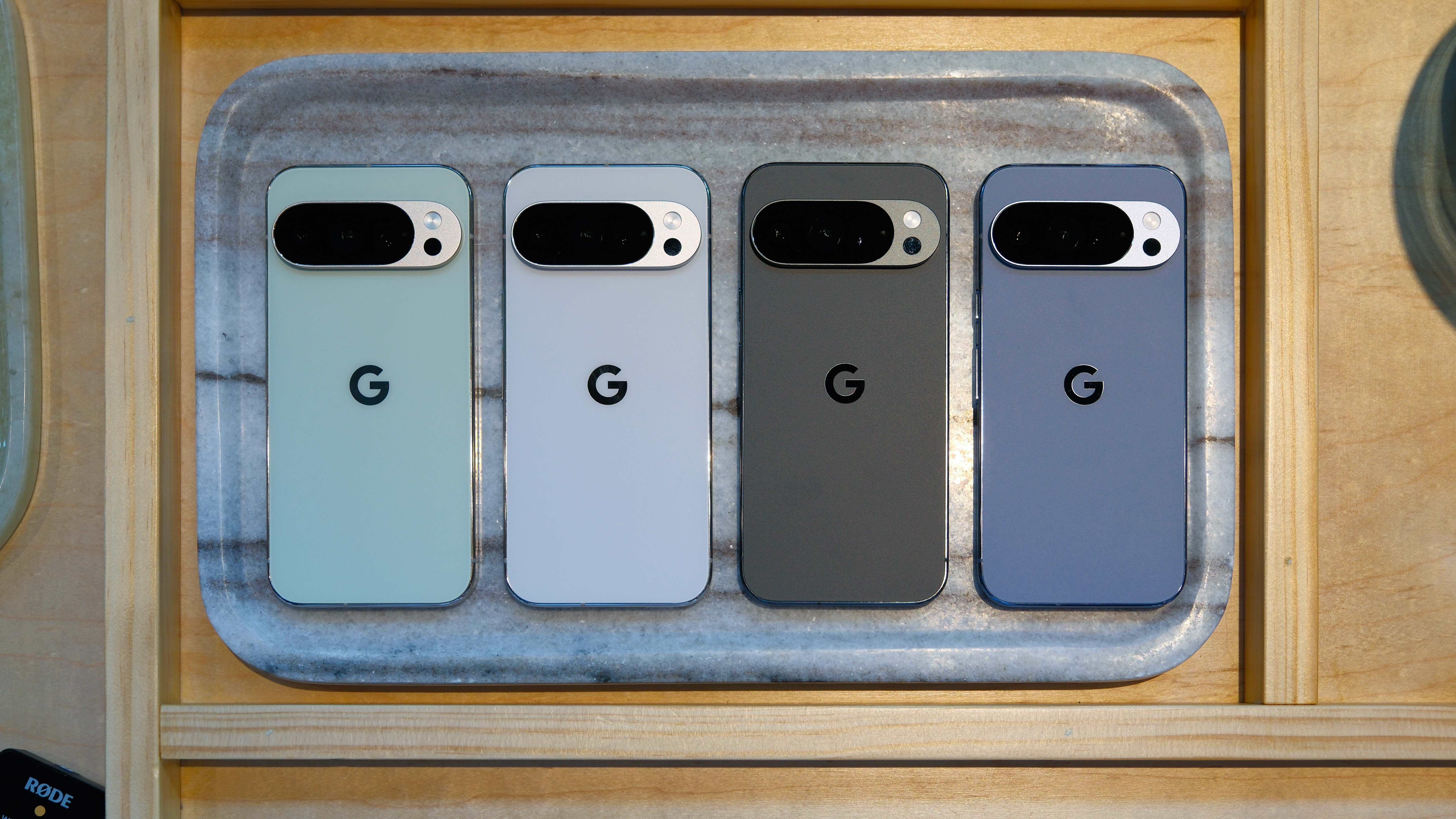
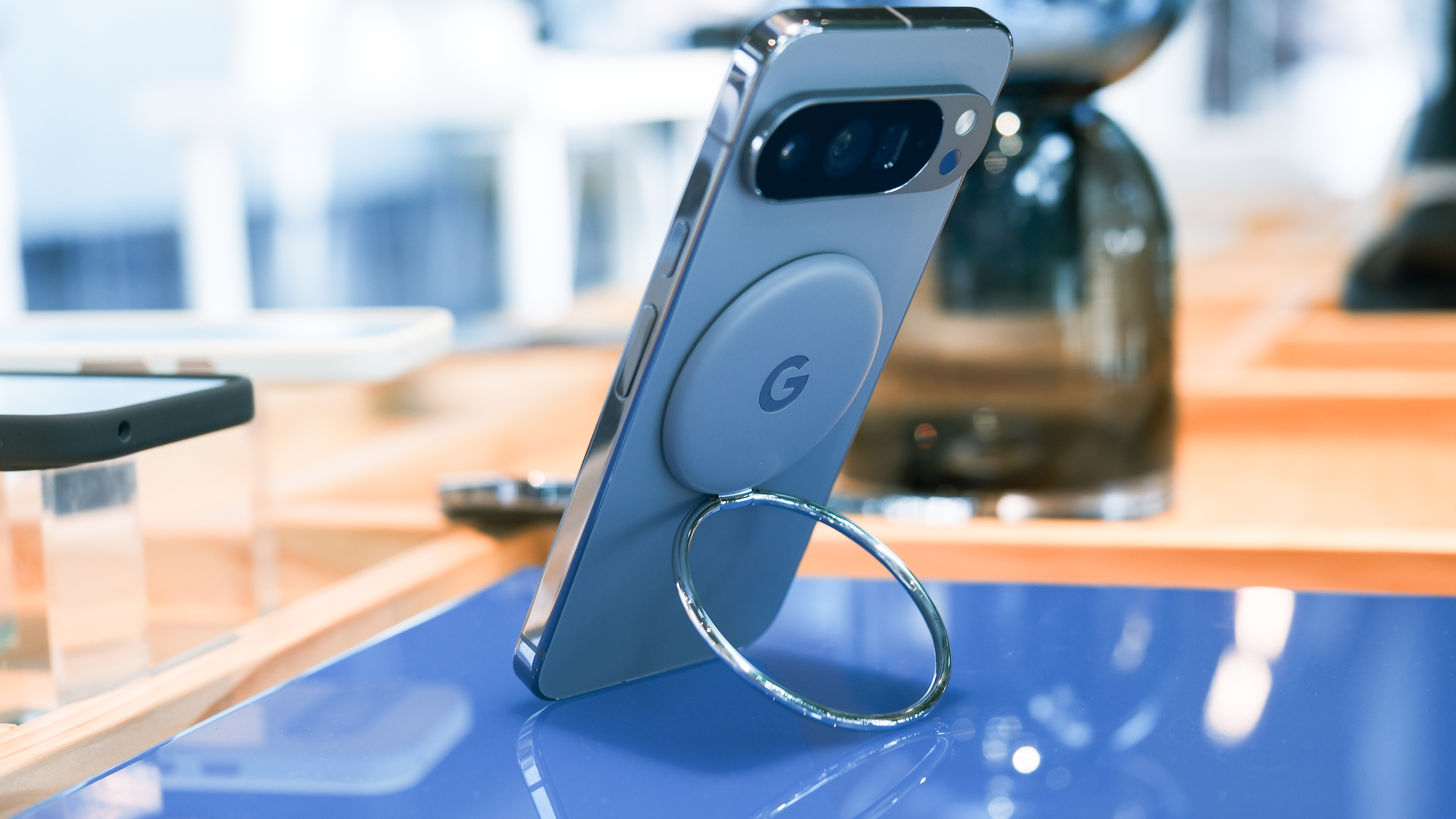
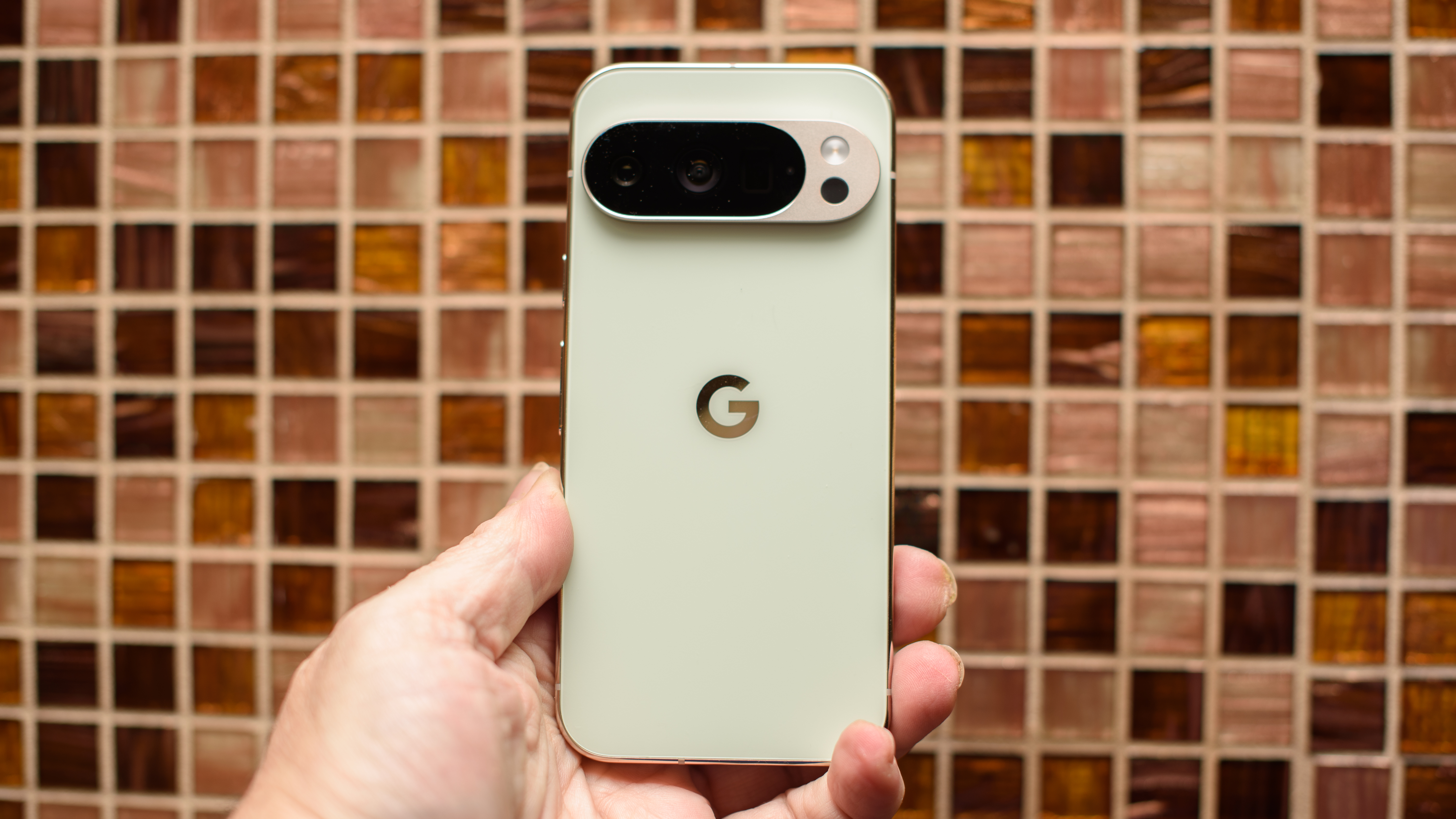
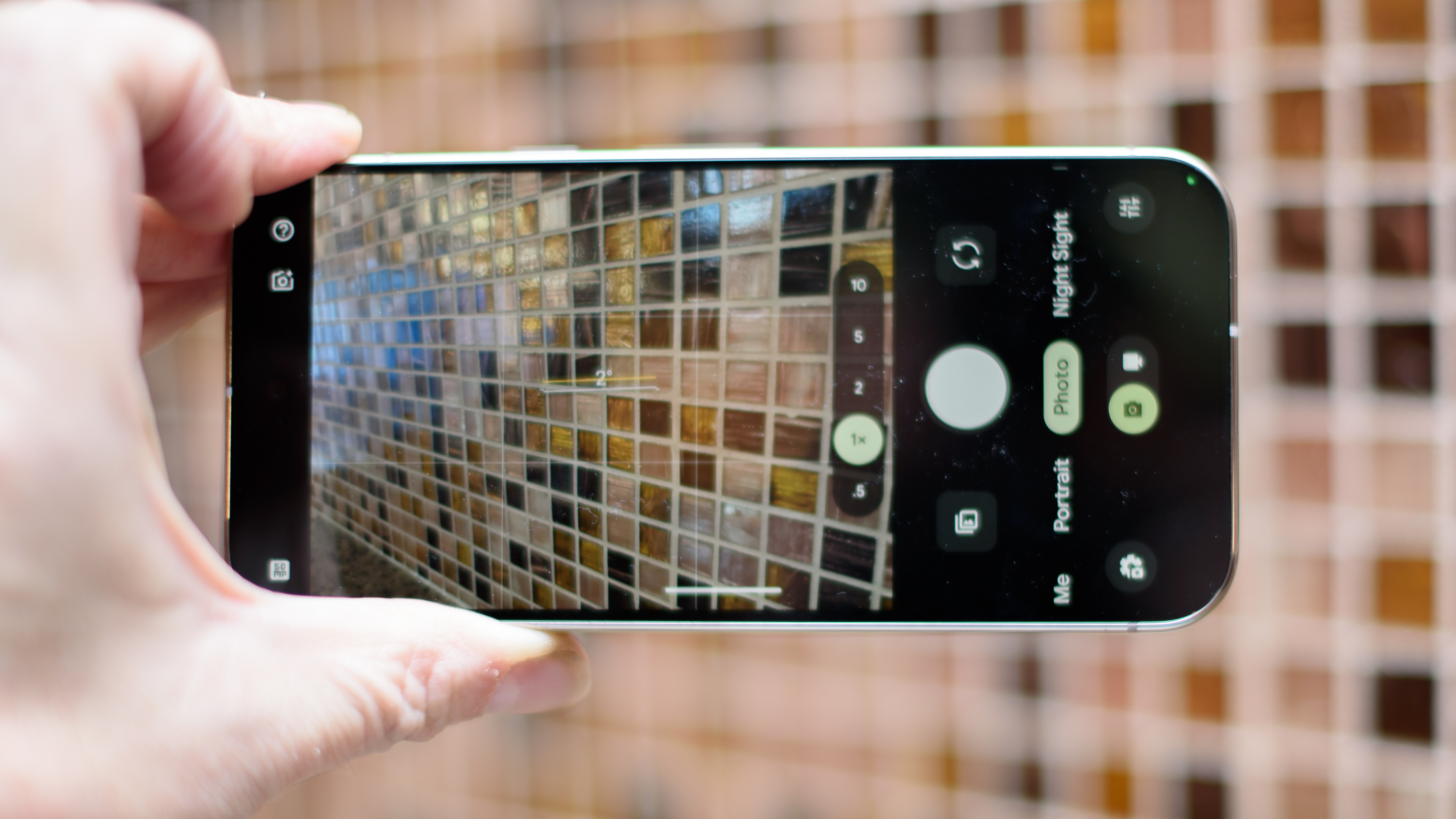
5. Google Pixel 10 Pro
Our expert review:
Specifications
✅ You want the most helpful AI on a phone: From screening calls to translating conversations in your own voice, the Pixel 10 Pro is a productivity beast.
✅ You take a lot of photos at night: Google's Night Sight remains the gold standard, making nighttime photos look as clear as day.
❌ You are a hardcore competitive gamer: The Tensor G5 chip lags behind the Snapdragon 8 Elite found in other Android flagships for high-intensity gaming.
❌ You want the fastest possible charging: While the magnets are convenient, the 30W wired charging is slower than what you'll find on the OnePlus 15.
📱 The Google Pixel 10 Pro is a "software powerhouse" that delivers the most refined and helpful AI experience on the market. With its stunning 2,500-nit display, magnetic charging convenience, and "Samsung-beating software," it’s the best choice for anyone who wants their phone to work harder for them. ★★★★
Design: The Pixel 10 Pro features a polished, premium design with edges that feel more refined and tightly aligned than ever before. A major highlight this year is Pixelsnap, a built-in magnetic system that makes the phone compatible with a huge ecosystem of MagSafe chargers, wallets, and battery packs. It's a simple, "unfussy" design that prioritizes ease of use over excessive buttons.
Display: Google’s Super Actua display is a standout feature, reaching a staggering 2,500 nits in laboratory testing—crushing the competition from both Samsung and Apple. This 6.3-inch screen is technically sharper than even the Pro XL model, offering incredible detail and colors that pop even when you are using the camera in direct, bright sunlight.
AI and Software: This is the primary reason to buy a Pixel. The new Magic Cue tool quietly works in the background, scanning your messages and calendar to offer helpful buttons for restaurant reservations or contact info exactly when you need them.
Camera: The Pixel 10 Pro may be the best camera phone you can buy, especially for night photography. In side-by-side tests against the iPhone 16 Pro Max, the Pixel produced shots with "more visibility, sharper focus, and better colors at night."
Performance: The Google Tensor G5 chipset is designed specifically to power the phone's advanced AI features. While it may not be the fastest chip for hardcore gaming, it handles the "Material 3 Expressive" interface and local AI operations with "race car" speed. With 16GB of RAM, the Pixel 10 Pro has plenty of headroom for future AI updates and complex multitasking.
Battery life: The Pixel 10 Pro comfortably lasts through a full day of standard use. While the Tensor chip is power-hungry, the addition of Pixelsnap magnetic charging makes it easier than ever to keep the phone topped up using a variety of convenient magnetic stands and portable battery packs.
Value | A more refined and interesting phone than similar flagships like the iPhone 16 Pro or Galaxy S25 Plus, but there is plenty of scope for Google to offer more (or drop the price for the holidays). | 4/5 |
Design | Excellent design refines the Pixel look even further, with great materials and color options that are classy and durable. No need to change anything here; the Pixel was already a great-looking phone. | 4/5 |
Display | The Pixel 10 Pro’s standout feature. Google’s phone displays are always a knockout, and this screen is brighter and more sharp than any other display I’ve seen (and I’ve seen them all). | 5/5 |
Software | A mix of useful new tools and questionable AI additions. The Pro model is worth the upgrade, thanks to AI features you won’t find on cheaper Pixel phones, but some new features like Magic Cue didn’t work the way Google promised. | 5/5 |
Cameras | Some of the best camera you can buy on a smartphone, with unique AI tools and helpers. The AI goes too far sometimes, but the end results are more impressive than what your friends are shooting. | 5/5 |
Performance | Lackluster performance from the Tensor G5 chip. Most features run fast enough, but I found lag in the camera between shots, and the chipset wasn’t as fast or efficient as any other recent Android flagships. | 3/5 |
Battery | Battery life was fine, but every other Android phone saw major gains with faster chips inside, while the Tensor-powered Pixel was left behind. Pixelsnap and magnetic charging help bridge the gap, and keep the phone charged enough to last you a day. | 3/5 |
The best foldable phone
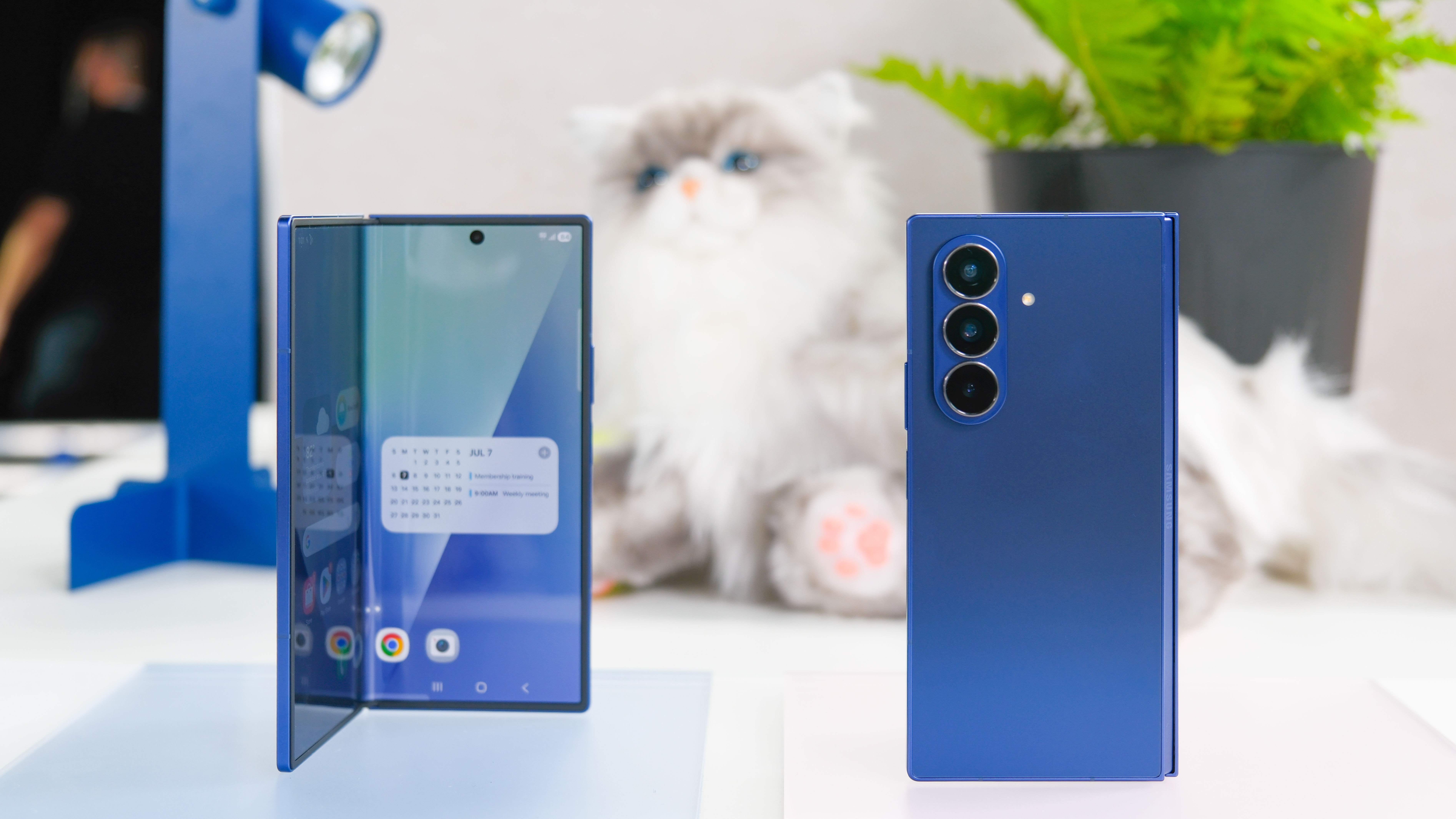
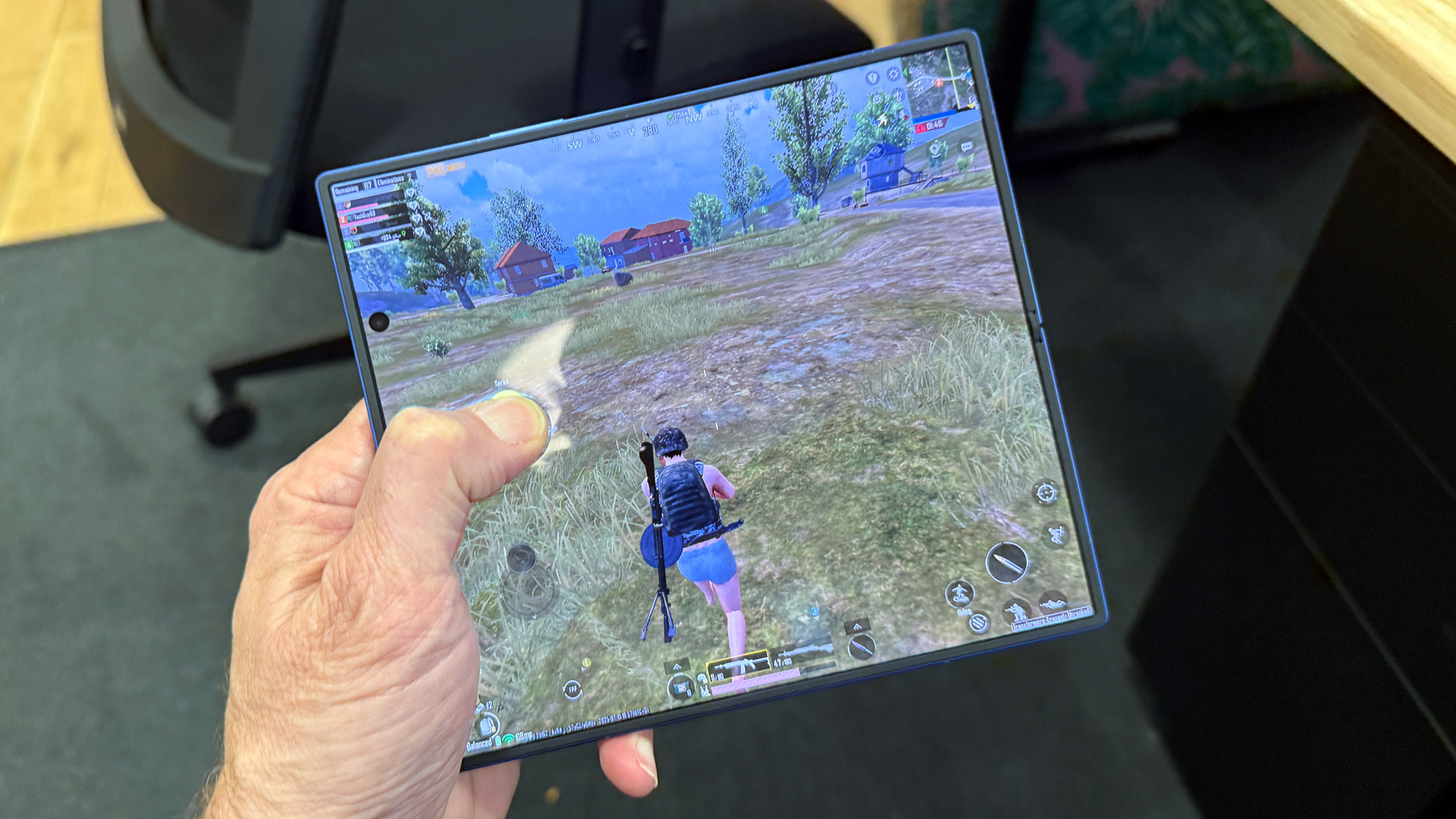
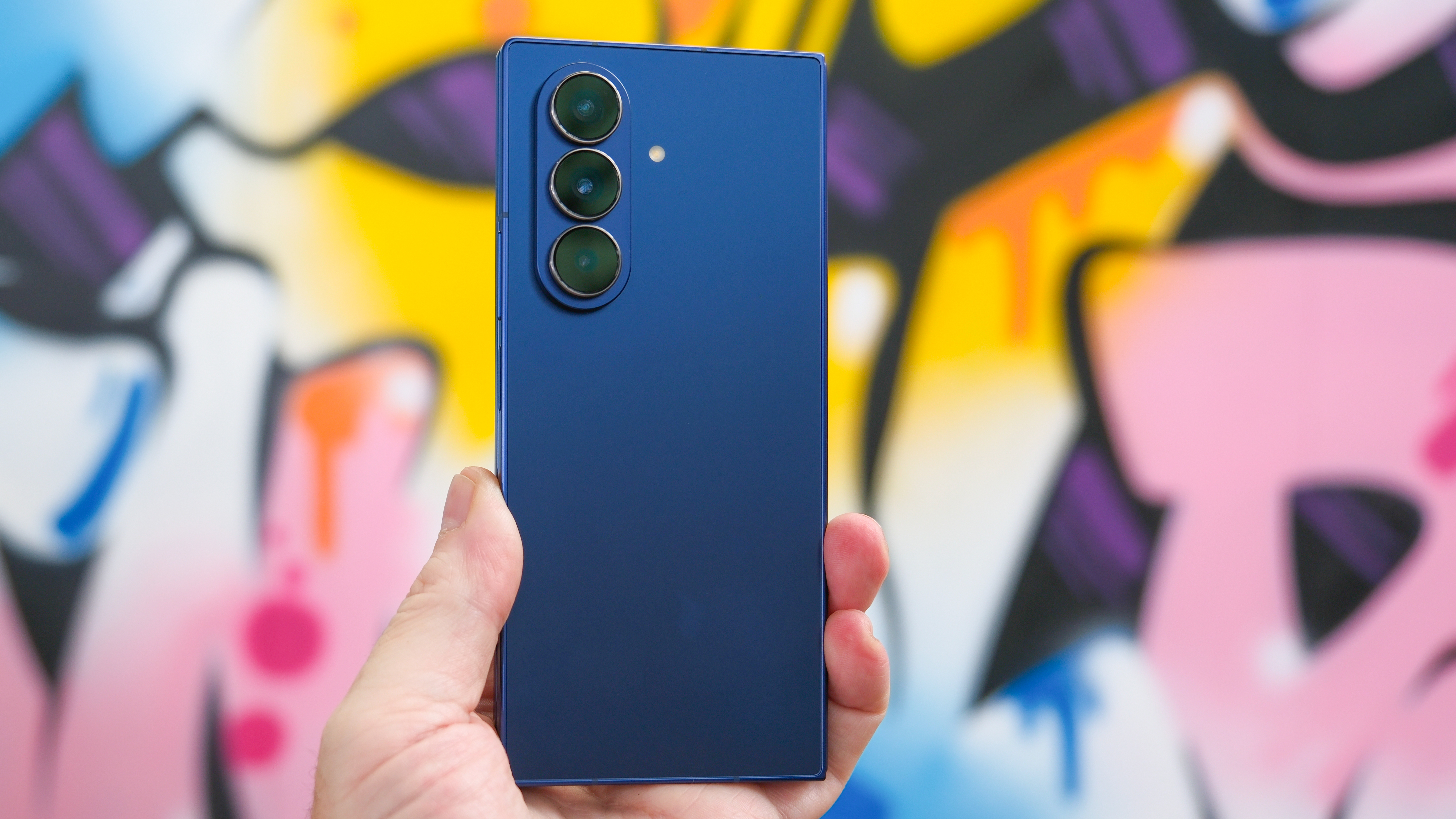
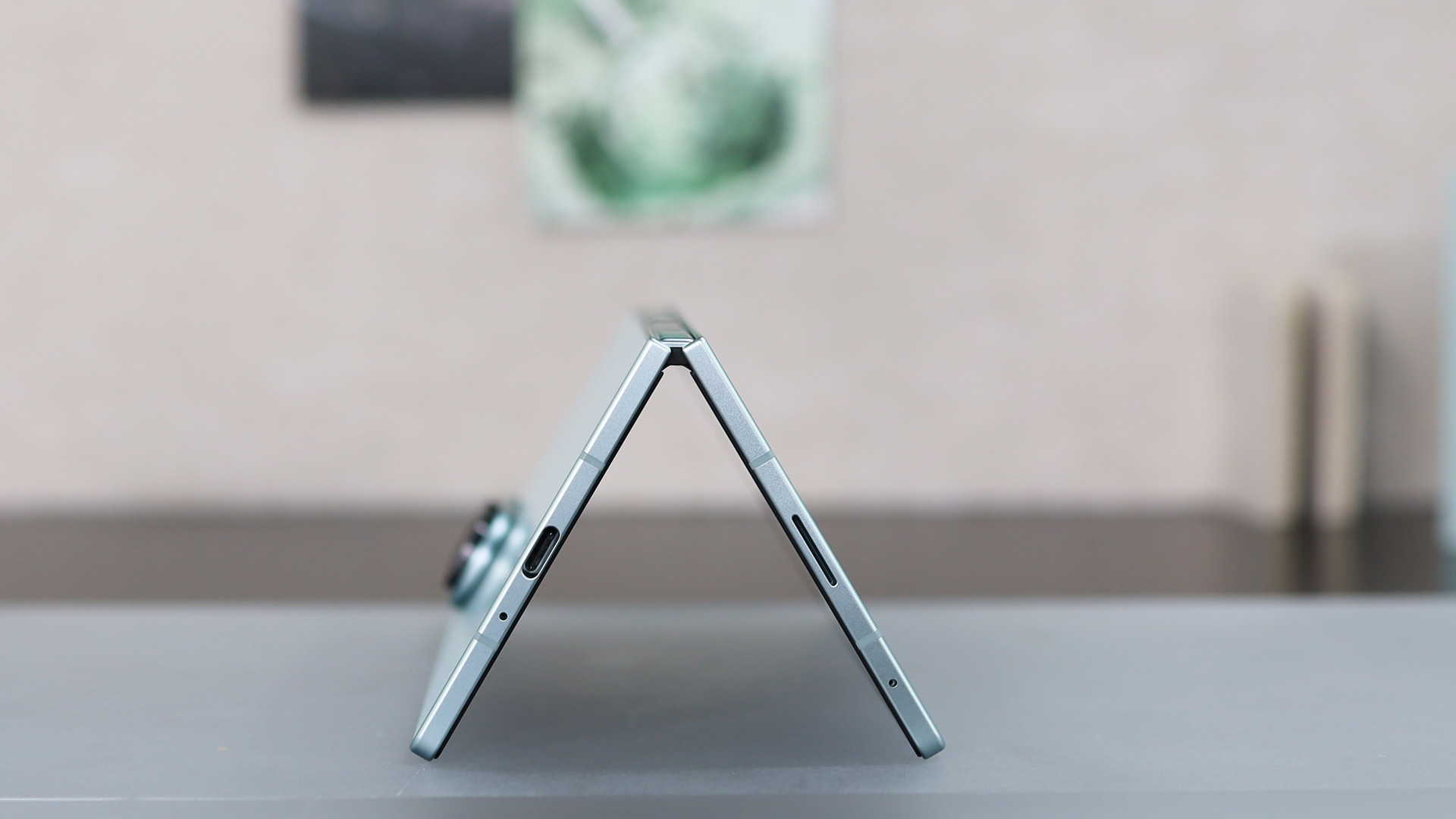
6. Samsung Galaxy Z Fold 7
Our expert review:
Specifications
Reasons to buy
Reasons to avoid
✅ You want the fastest foldable: The Galaxy Z Fold 7 uses the Snapdragon 8 Elite platform, which is the fastest and most efficient chipset we've tested.
✅ You want a foldable with real cameras: The Z Fold 7 packs the same 200MP sensor as the Galaxy S25 Ultra, one of our favorite camera phones. This is the best camera on any foldable phone, by far.
❌ You have to pay rent this month: The Galaxy Z Fold 7 is the most expensive phone you can buy in most markets, and it costs more than a laptop... or a month's rent.
❌ You love to draw and doodle: The Galaxy Z Fold 7 sadly loses its S Pen capabilities, making the Ultra the only phone for folks who love to draw and sign documents on the go.
📱 If you can swing the high price tag, the Samsung Galaxy Z Fold 7 is more than just the best superphone you can buy, it truly is like carrying two devices hidden in one compact package. With the improved camera sensor and the new lighter, thinner design, Samsung has toppled most barriers to buying a big foldable, except for the cost. ★★★★½
Samsung slims down the Galaxy Z Fold 7 to nearly impossible thinness, making it one of the thinnest phones we've ever seen. It's still a remarkable powerhouse, with an even better camera than before, but it costs more than ever as well.
Design: The Galaxy Z Fold 7 finally gets the design right, with a cover display that looks and feels like any other flagship smartphone, not the narrow look of Fold's past. It's so incredibly thin and lightweight that it feels like a normal phone when it's closed - you almost forget it opens to an 8-inch tablet with as much room as an iPad mini.
Display: The displays on the Z Fold 7 are both top-notch. They are bright and colorful, and perfectly sharp for any task. If you're worried about the crease on the inner display, don't be. It's unnoticeable when you are using the huge screen for browsing, games, or just as a viewfinder for the amazing new cameras.
Camera: Just like the Galaxy S25 Ultra, the Z Fold 7 has the Samsung ISOCELL HP2 200MP camera sensor inside, and it takes the best photos of any foldable phone we've seen. That big display is also great for Samsung's advanced AI photo editing tools.
Performance: The Qualcomm Snapdragon 8 Elite processor isn't just the fastest chipset you'll find in any smartphone today, it's also incredibly efficient, and the Z Fold 7 has better battery life than you'd expect, along with top notch performance for the most advanced games and multitasking.
Battery life: The Z Fold 7 has a smaller battery than most phone's this size, but the Snapdragon 8 Elite processor helps it sip juice slowly, and it had no trouble lasting a full day in our hands-on review time. Too bad it can't charge faster.
Value for money: To justify the incredibly high price, Samung needed to create a phone like no other, with capabilities that no other foldable or flagship smartphone can match. It has mostly succeeded, but the price is still a big, tough pill to swallow.
Read our full Galaxy Z Fold 7 review
Attributes | Notes | Rating |
|---|---|---|
| Row 0 - Cell 0 | Row 0 - Cell 1 | Row 0 - Cell 2 |
Value | The most expensive foldable out there, but it might also be worth it | 4 / 5 |
Design | Excellent, slim and light design that still feels elegant and solid. | 5 / 5 |
Display | Two fantastic and now larger screens. The crease is almost gone, but so is support for an S Pen. | 4.5 / 5 |
Performance | Better than the best Qualcomm chip on other Androids, and the performance knocked our socks off. | 5 / 5 |
Software | Android 16! One UI 8! So much AI. It may sound like a lot, but it's a winning combination. | 4.5 / 5 |
Cameras | The 200MP sensor is a major upgrade, and overall photography is excellent. We would have liked a 5x optical zoom. | 4.5 / 5 |
Battery | Really good battery life | 4.5 / 5 |
The best iPhone battery
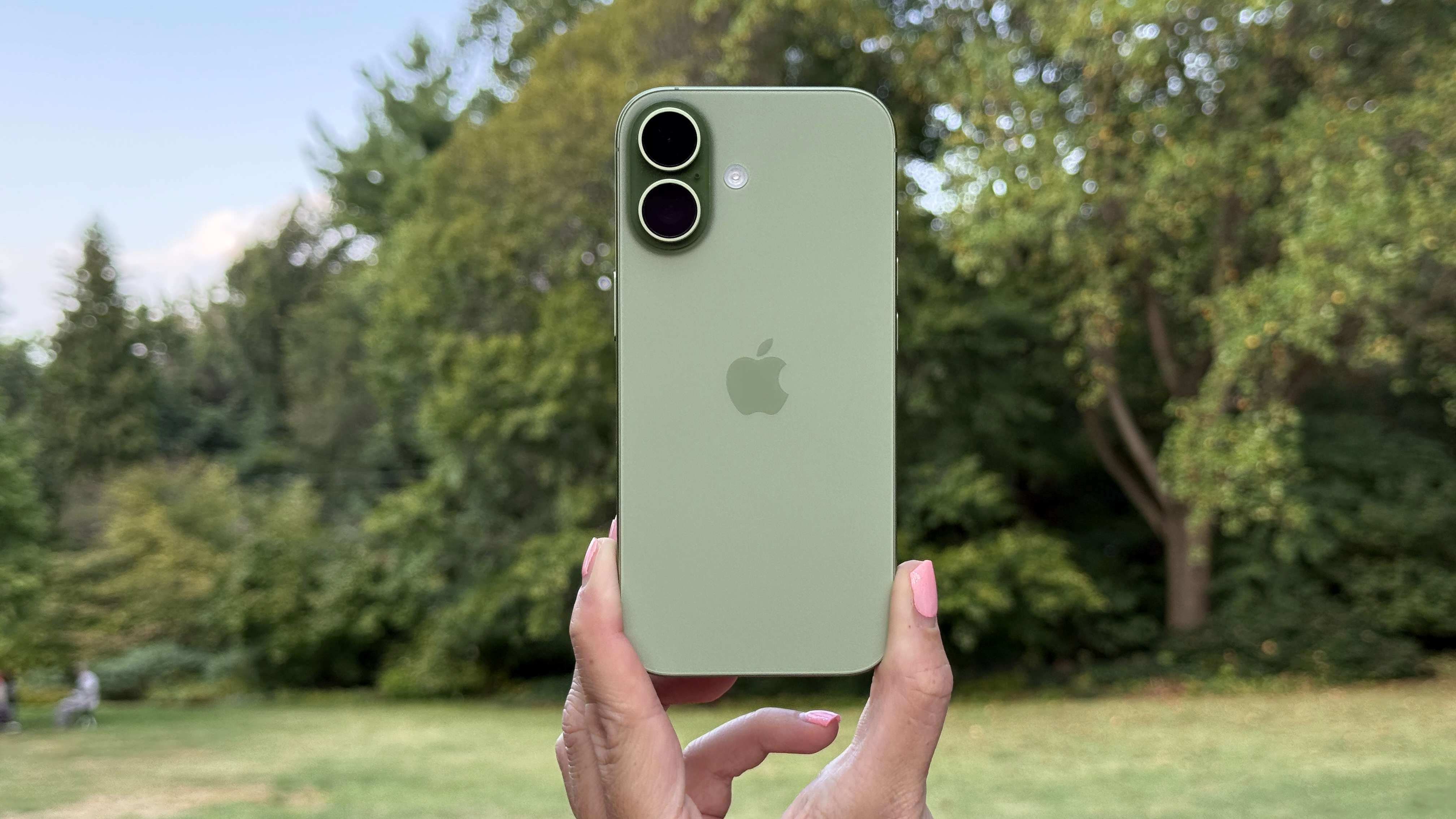
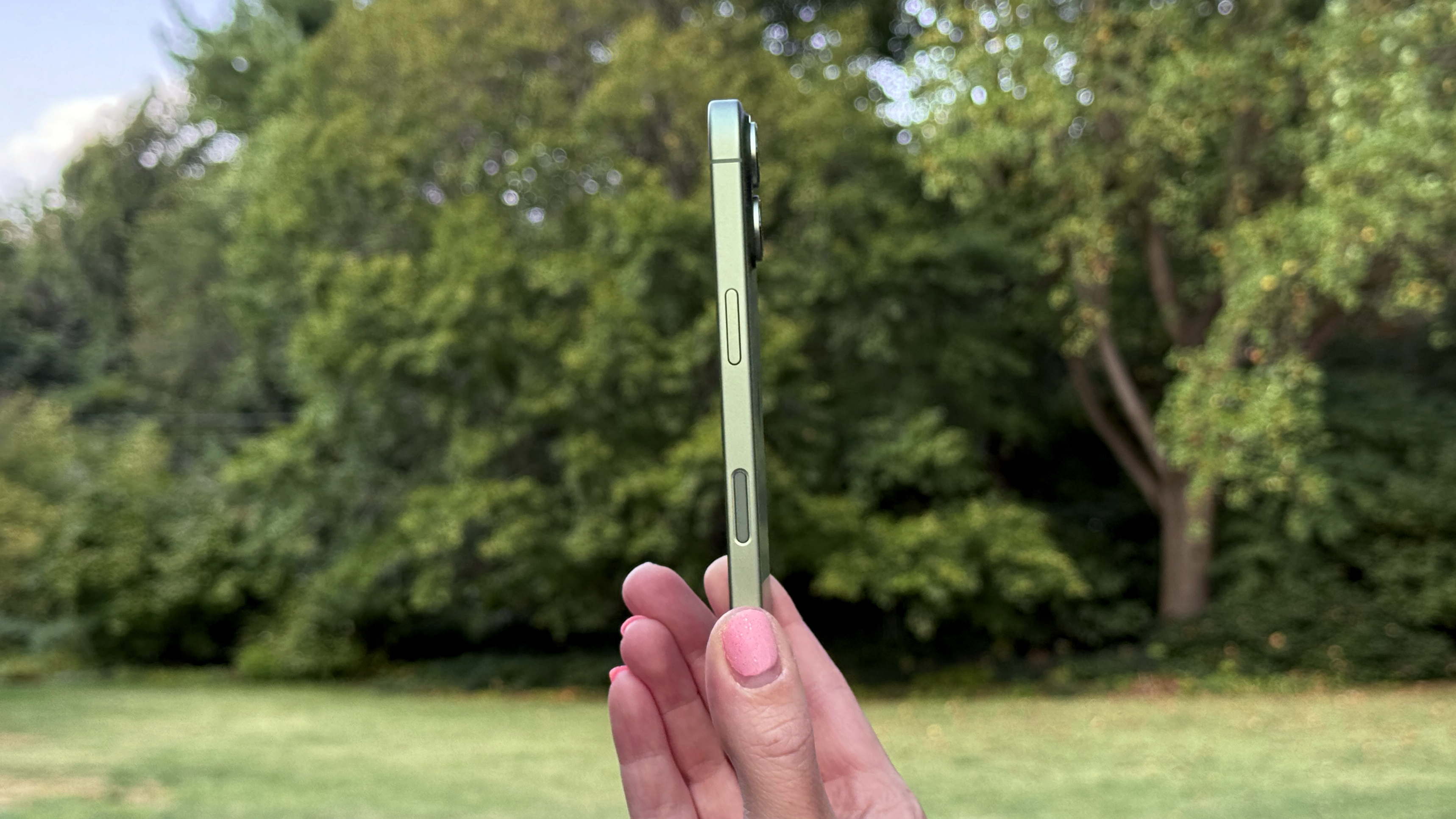
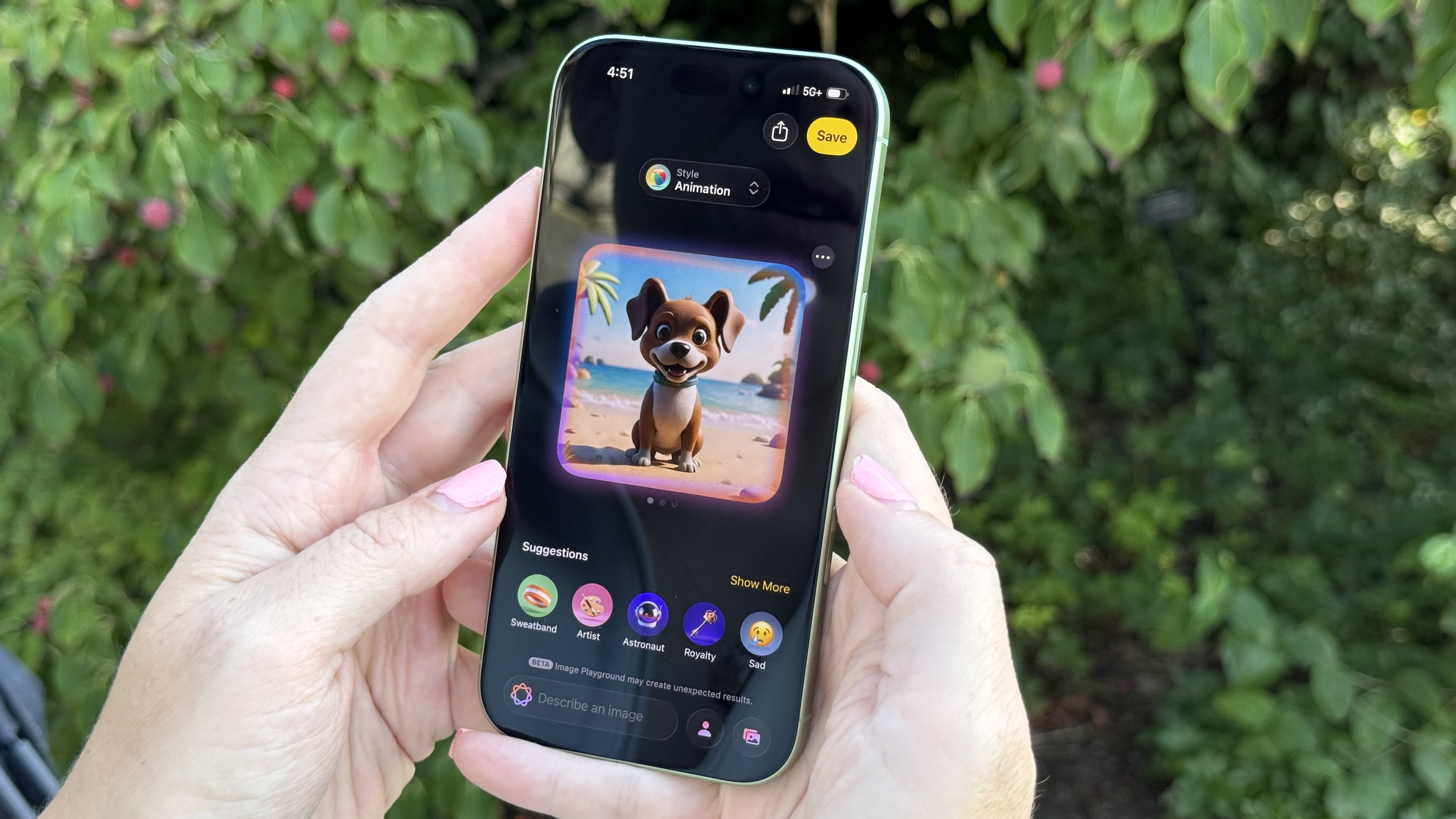
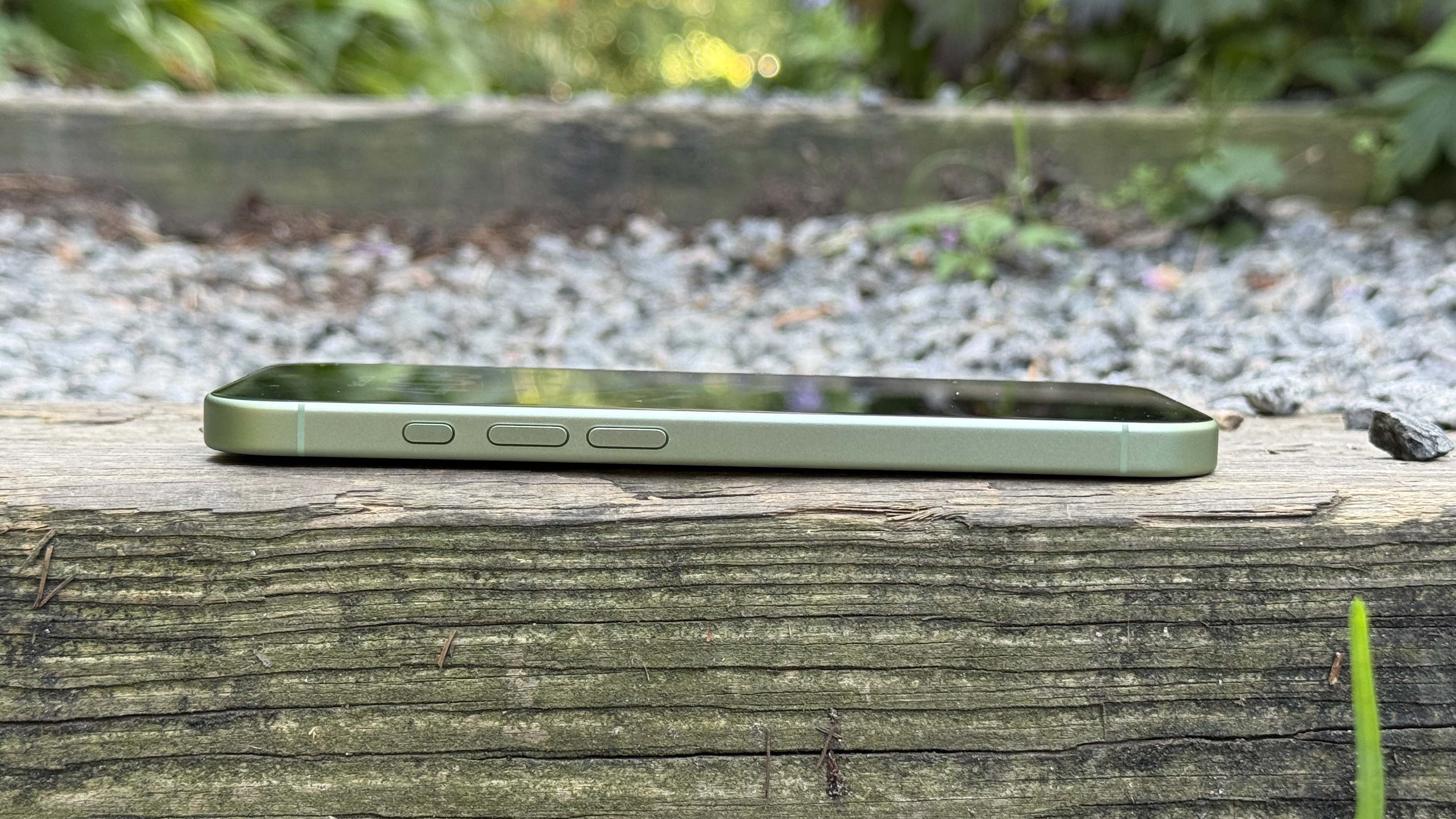
7. Apple iPhone 16 Plus
Specifications
Reasons to buy
Reasons to avoid
✅ You want an a bigger affordable iPhone: The iPhone 16 Plus gives you just enough more to make it worth the extra cost.
✅ You want the best battery (almost): The iPhone 16 Plus has the second best battery life, coming behind the iPhone 16 Pro Max by mere minutes in our tests.
❌ You don't want Apple Intelligence: If you don't want the latest Apple AI stuff coming soon, you'll need an iPhone 15 .
❌ You want bigger zoom: The ultrawide doesn't compare to 5x optical zoom on the iPhone 16 Pro, but the cameras are still great.
📱 The iPhone 16 Plus is only a bit more expensive than the iPhone 16, but you get a much bigger screen and a bigger
battery inside. That extra battery makes this the affordable battery life champ among iPhones, so if you need the most possible battery life from your Apple device, the iPhone 16 Plus is the best choice. ★★★★½
Apple's iPhone 16 Plus is only slightly more expensive than the iPhone 16, but you get a much larger display and the bigger battery that extra size allows. This makes the iPhone 16 Plus not only a great bargain option versus the iPhone 15 Pro Max, but also the best choice for battery life if you need your iPhone to last the longest.
Design: The iPhone 16 Plus looks like the iPhone 16 and not the Pro models, so you won't get the titanium frame, but you do have better color options with brighter hues. The USB-C port is also there, as well as the Dynamic Island camera, which used to be for Pro iPhone users only.
Display: The iPhone 16 Plus has a 6.7-inch display, and that 0.6-inch difference versus the iPhone 16 is actually pretty big. Apple didn't just blow up the same resolution, either, you get more pixels to keep the same sharpness as the smaller iPhone.
Camera: There are only two cameras on the iPhone 16 Plus, a 48MP main camera and a 12MP ultra wide. You might wish for a zoom lens, but these cameras still take stellar pics. It's an iPhone, after all.
Performance: The iPhone 16 Plus has a brand new Apple A18 chipset inside, which means it's ready for Apple Intelligence AI features that will be invading more powerful iPhone and iPad models in the next month or so. Even before the AI gets here, this phone is a powerful device that could easily handle anything I threw at it.
Battery life: In our battery tests in Future Labs, the iPhone 16 Plus was the second best iPhone I ever tested in terms of battery life, only minutes behind the much more expensive iPhone 16 Pro Max. It lasted well over 16 hours of runtime, versus a scant 12 hours of battery life on the smaller iPhone 16.
Value for money: If you were already considering the iPhone 16, you should probably just spend a little more and have more battery life and a much bigger display. The next upgrade, to the Pro-level chips, is the one that hurts the wallet more.
Read our full iPhone 16 Plus review
Attributes | Notes | Rating |
Design | The iPhone 16 Plus offers a 6.7-inch screen in a lightweight design that comes in fun colors. | 4.5 / 5 |
Display | While it's not 120Hz, the 6.7-inch is expansive, rich with details, and gets quite bright. | 4 / 5 |
Performance | The A18 makes the iPhone 16 Plus fly and provides ample headroom for years of use. | 4.5 / 5 |
Camera | Camera Control steals the show, but both the main and ultra wide benefit from improved low-light performance. | 4.5 / 5 |
Software | iOS 18 runs really well here and provides a lot of functional enhancements. | 4 / 5 |
Battery | While it's no longer the best battery life of any iPhone, the 16 Plus still easily lasts all day long. | 4 / 5 |
Value | At $899, you're getting plenty of performance in a polished build that should last for years... and get software updates. | 4 / 5 |
The best bargain phone
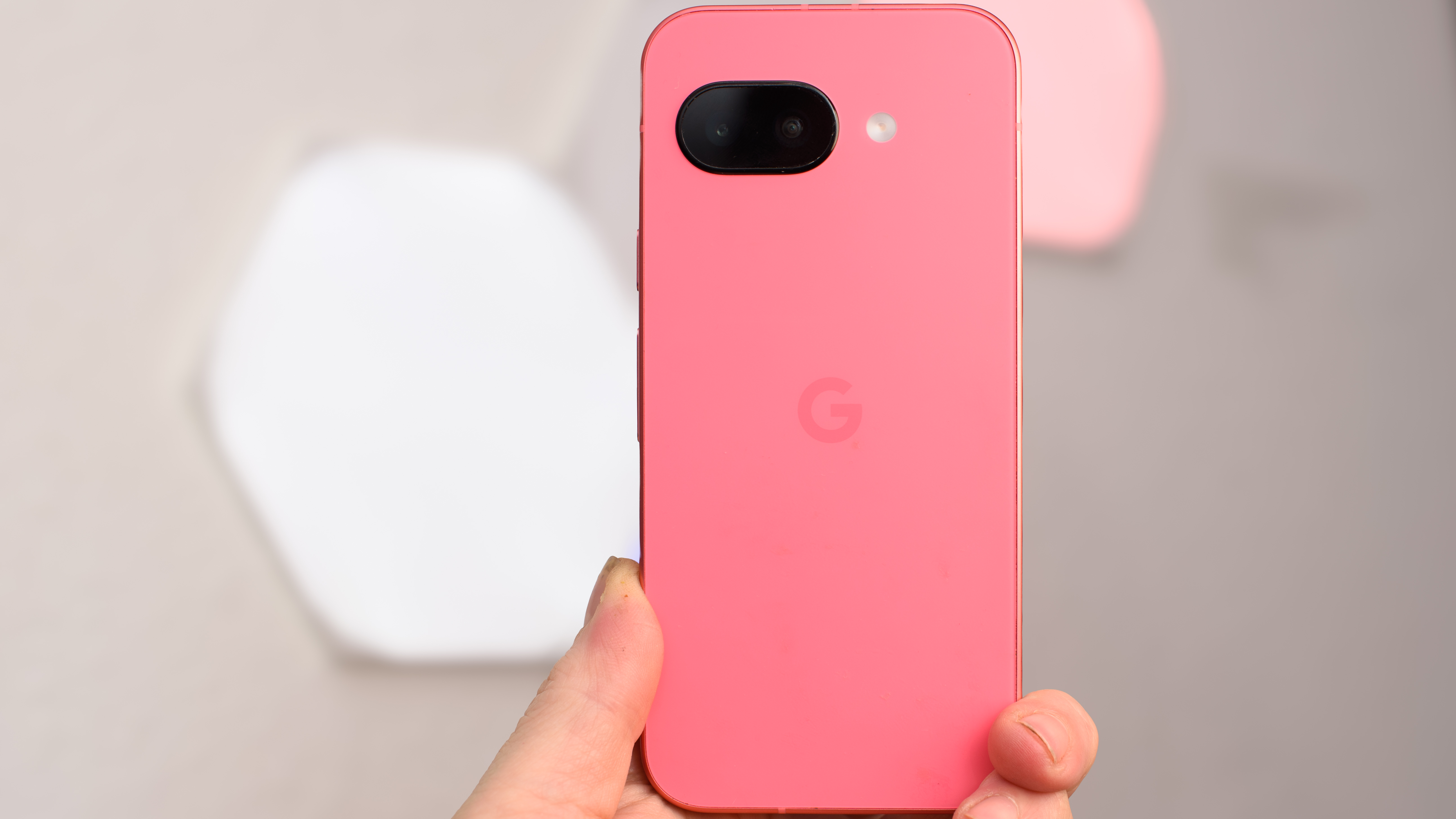
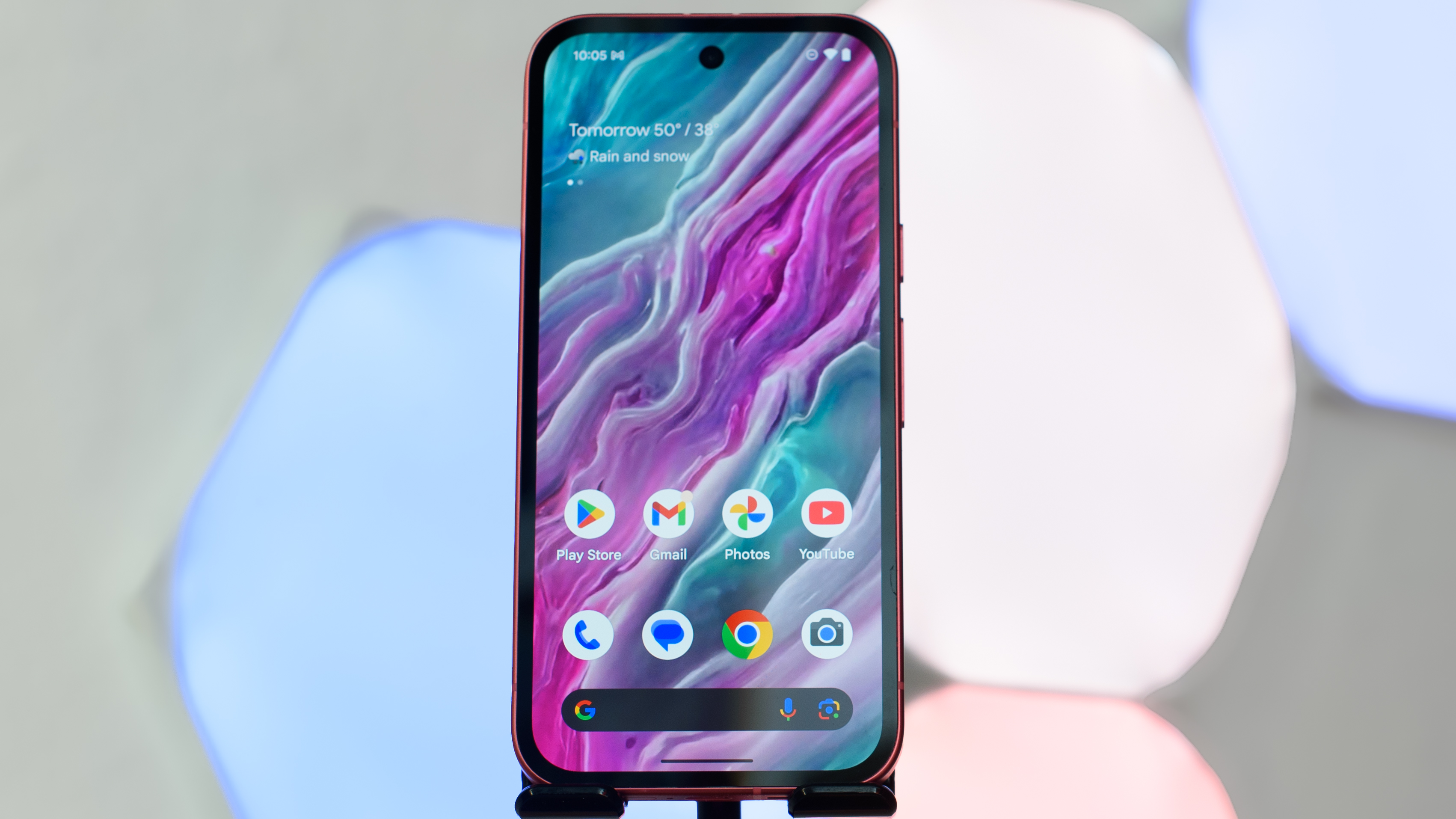
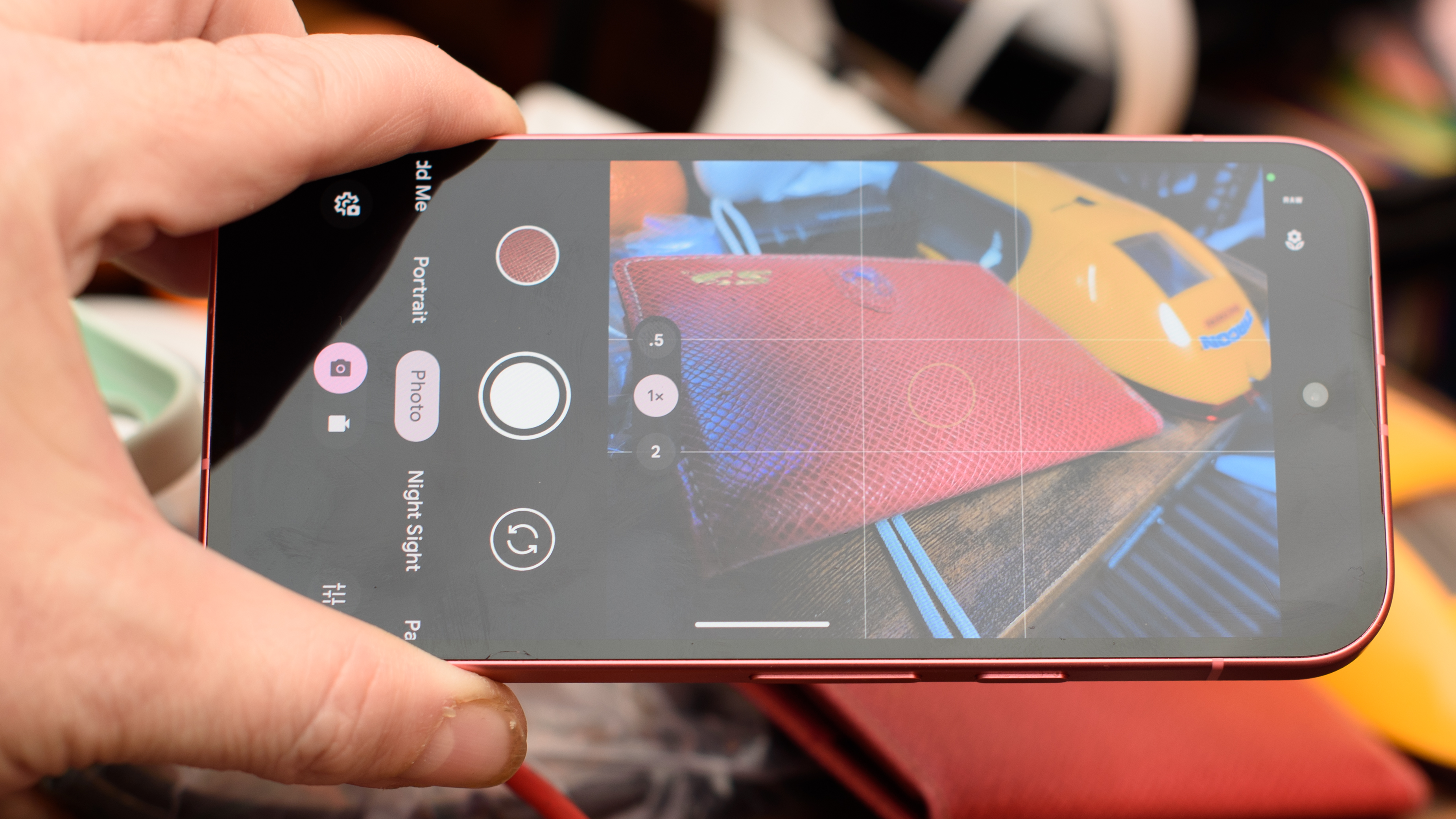
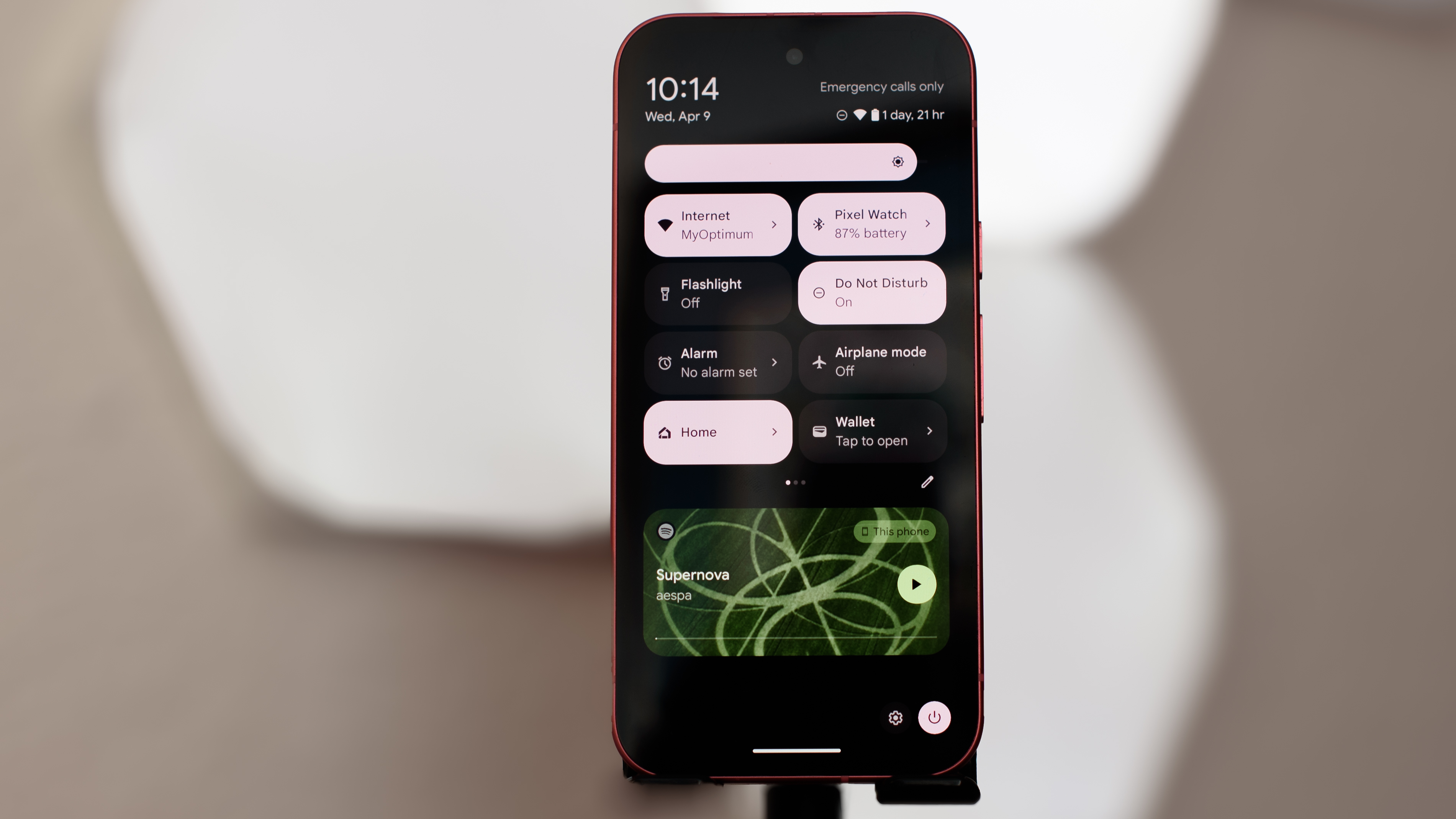
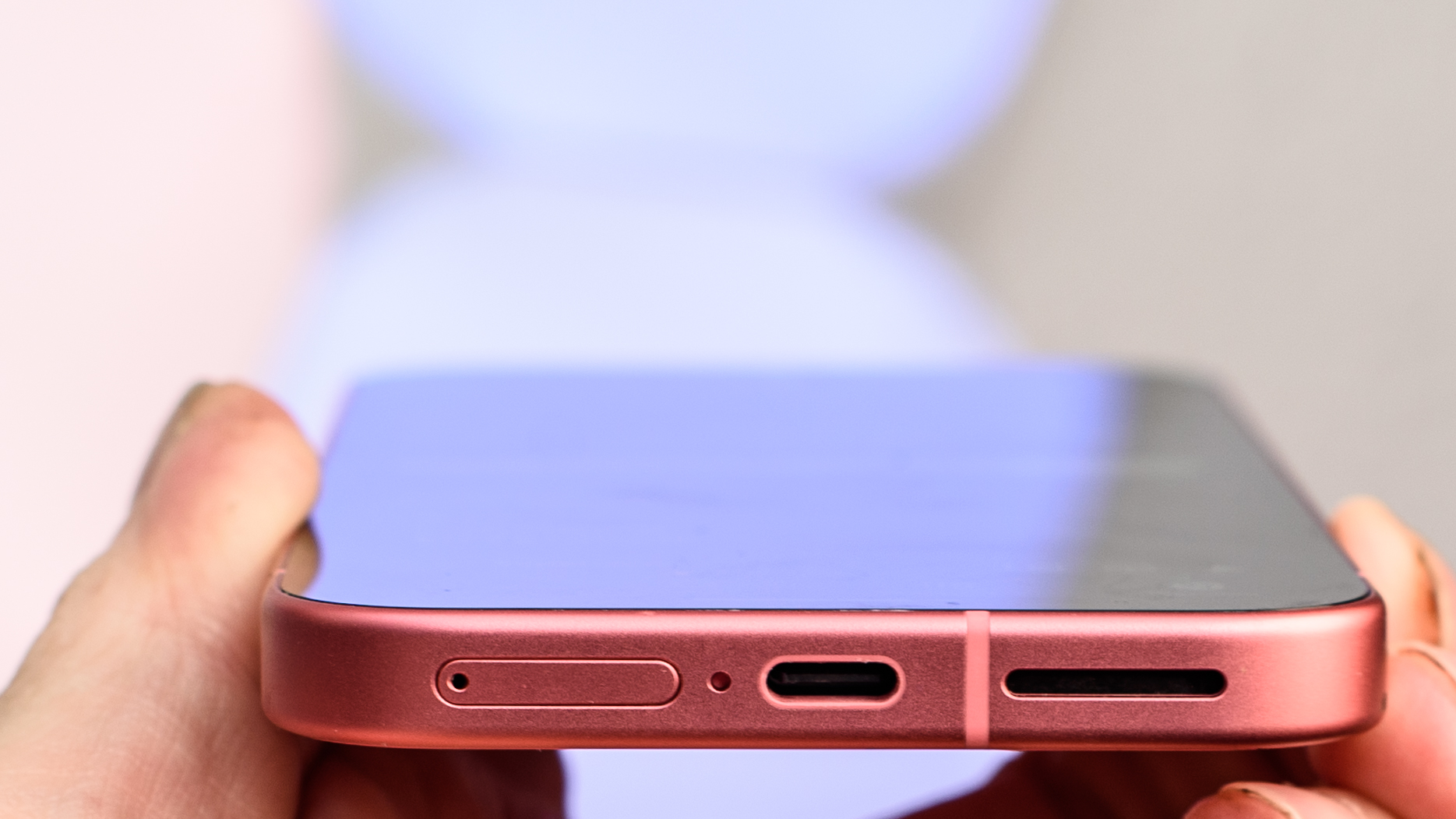
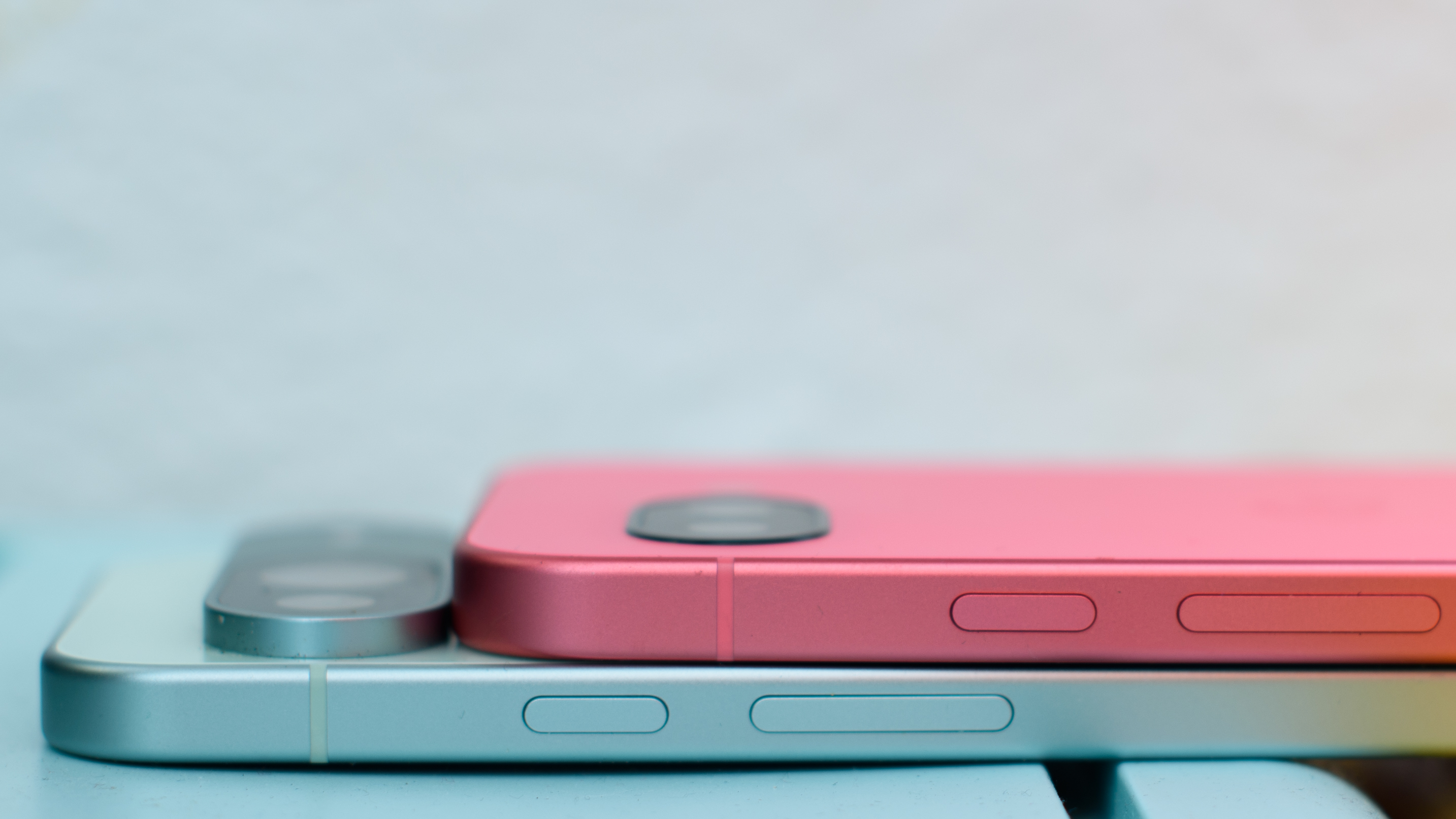
8. Google Pixel 9a
Our expert review:
Specifications
✅ You want a great camera for macro photos While there's no zoom, Google’s Pixel 9a surprisingly shoots some of the best close-up photos I’ve seen on any smartphone, let alone a bargain.
✅ You want a durable phone that will last a while The Pixel 9a is built tougher than previous Pixel A-series, and it will get seven years of major Android OS and security updates.
✅ You want a great AI phone There’s plenty of AI on this phone, and the best features can screen calls and record conversations, helping you keep your hands free and your mind on task.
❌ You want a nice looking phone Ugh, there's just no style to this phone. You can hardly tell it comes from the same lineage as the Pixel 9.
❌ You don’t want a bigoted AI tool on your phone Google's Pixel Studio produces stereotypes that reinforce bigotry. I hope Google removes the ability to draw people.
📱The Google Pixel 9a is the latest A-series phone from Google, and that means it gives you the same performance as the Pixel 9 with the great cameras and dazzling display you expect from Google. Sadly, the series takes an ugly turn, literally, and the Pixel 9a isn't very handsome, but it comes with most, if not all, of the latest Google AI features. It’s a solid bargain phone, if you don’t mind the looks. ★★★★
The Pixel 9a delivers typical Pixel strengths like great photos and useful AI, backed by a seven-year update promise, but wraps it all in a surprisingly bland design that deviates significantly from the main Pixel 9 series.
Design: A major departure from the stylish Pixel 9, the Pixel 9a features a flat, plain design with a simple camera bump, reminiscent of generic budget phones, though the Peony and Iris colors are nice. Despite its looks, Google claims it's the most durable A-series yet with IP67 water resistance.
Display: The 6.3-inch OLED 'Actua' display is excellent for the price – very bright and colorful, matching the Pixel 9. Turning off the sometimes-dim Adaptive Display mode improves the experience. It uses older Gorilla Glass 3, however.
Camera: Photos surprisingly hold up well even against the Pixel 9 Pro in terms of color and balance, though resolution is capped at 12MP and fine detail is lacking due to smaller sensors than even the Pixel 8a. The standout feature is its astonishingly good macro photography capability, rivaling dedicated cameras like my own full frame Nikon.
Performance: The Tensor G4 chip provides adequate performance for daily tasks and runs most AI features, but it's not as fast as competitors and it felt a bit sluggish in my testing, especially with only 8GB of RAM. Worryingly, it already lacks some AI features found on the Pixel 9, casting doubt on the seven-year update promise's scope.
Battery life: Despite having a larger battery (5,100 mAh) than the Pixel 9, the Pixel 9a doesn't offer significantly better battery life, lasting a full day but not exceptionally long. Charging is slow at 23W wired, but wireless charging is included, a plus at this price.
Value for money: At $499 / £499 / AU$849, the Pixel 9a offers solid value, especially considering the seven-year update commitment and strong camera performance (particularly macro). However, like previous A-series phones, expect potential discounts down the line, making it potentially an even better bargain if you wait.
Read our full Google Pixel 9a review
Attributes | Notes | Rating |
|---|---|---|
Value | A great phone at this price, with incredible longevity thanks to seven years of updates. The cameras are among the best in this price range, even if the look isn’t so premium. | 5 / 5 |
Design | It’s durable, and the colors are real nice. Otherwise, it’s ugly as sin. Seriously, Google had a winning A-series formula that it ruined when it created this phone. But the design doesn’t get in the way, at least. | 3 / 5 |
Display | Excellent display that's bright and colorful, better than most phones at this price. Some trouble with Adaptive mode was easily fixed. If only the phone’s performance could keep up with the fast screen. | 4 / 5 |
Software | A polished version of Android that's easier to use, with plenty of features. Some useful AI tools, but also some AI imagery slop that resorts to bigotry and should be removed from this phone. | 2 / 5 |
Camera | Solid cameras take photos that look like they could have come from the Pro model, if you don’t look too close. Astonishing macro capabilities rival my DSLR camera and make this phone a winner. Too bad about the low resolution and lack of detail, and some zoom would have been nice. | 3 / 5 |
Performance | Performance is adequate for Pixel fans, though it won’t win any races. No problems with my favorite apps and games, but things slowed down when I engaged the AI as it sent requests to and from the cloud. | 3 / 5 |
Battery | A larger battery somehow doesn’t equal more battery life, but the Pixel 9a still lasts a full day with no trouble, and has wireless charging, a rarity at this price. | 3 / 5 |
The best phone for teens
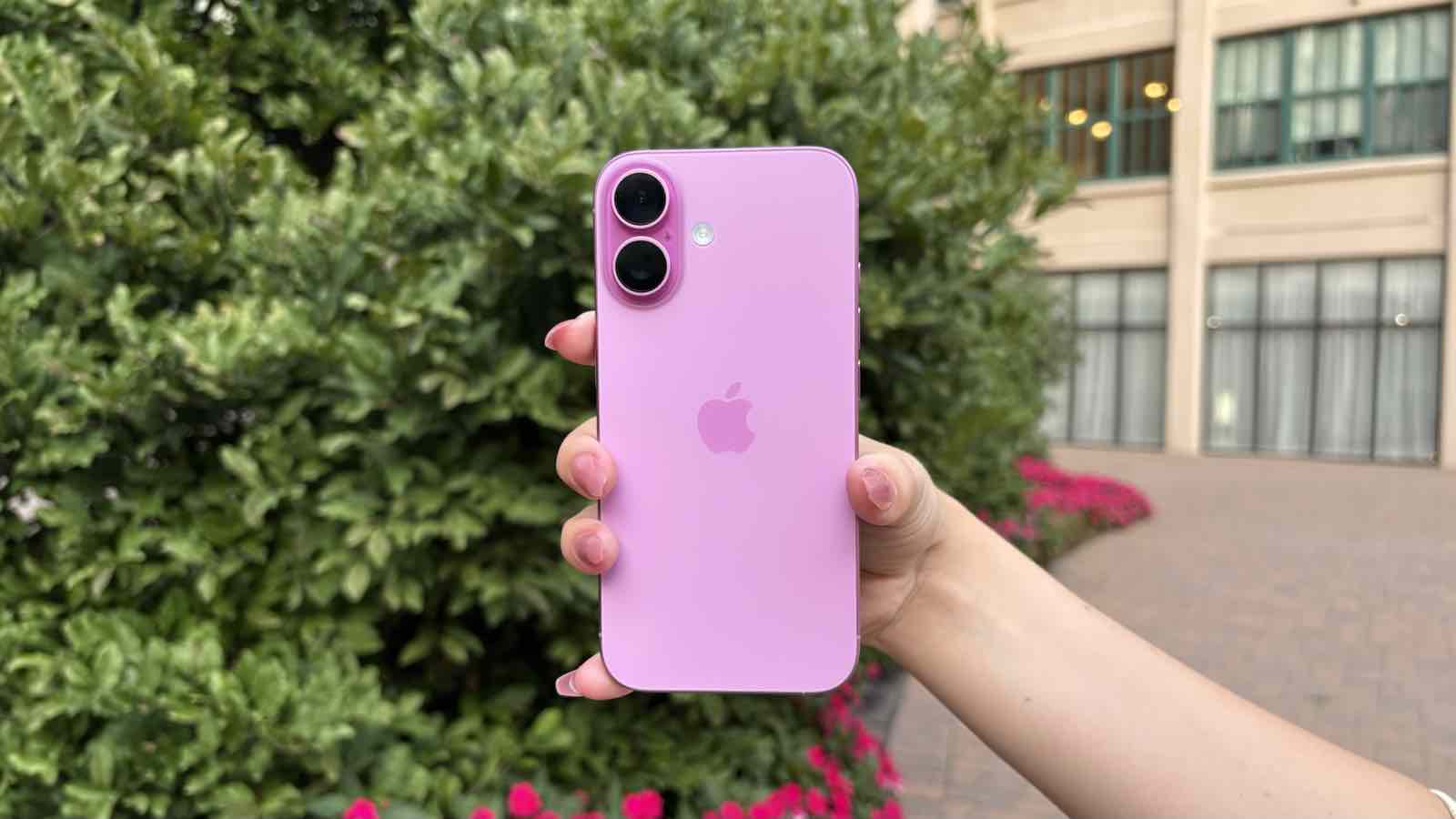
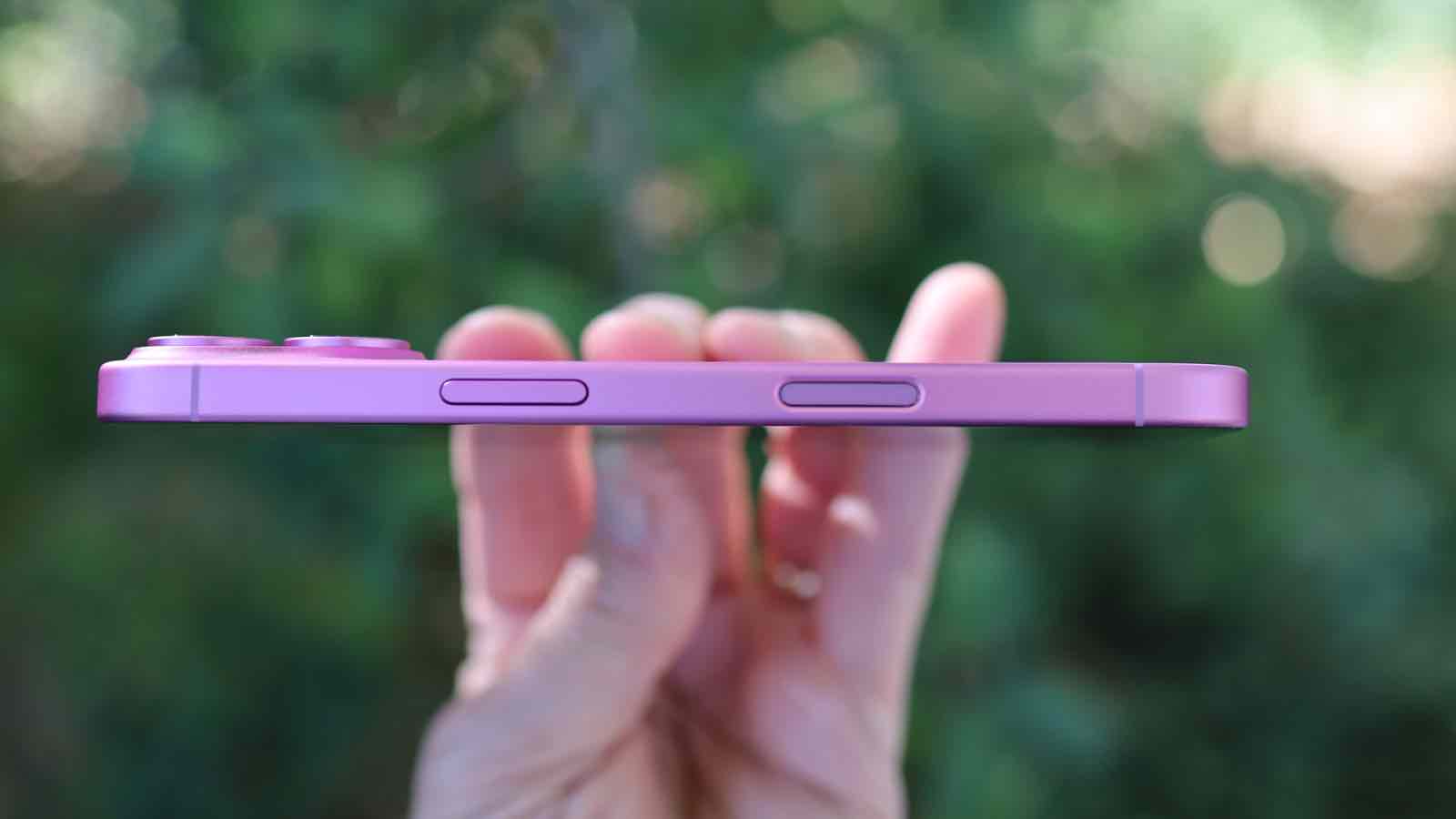
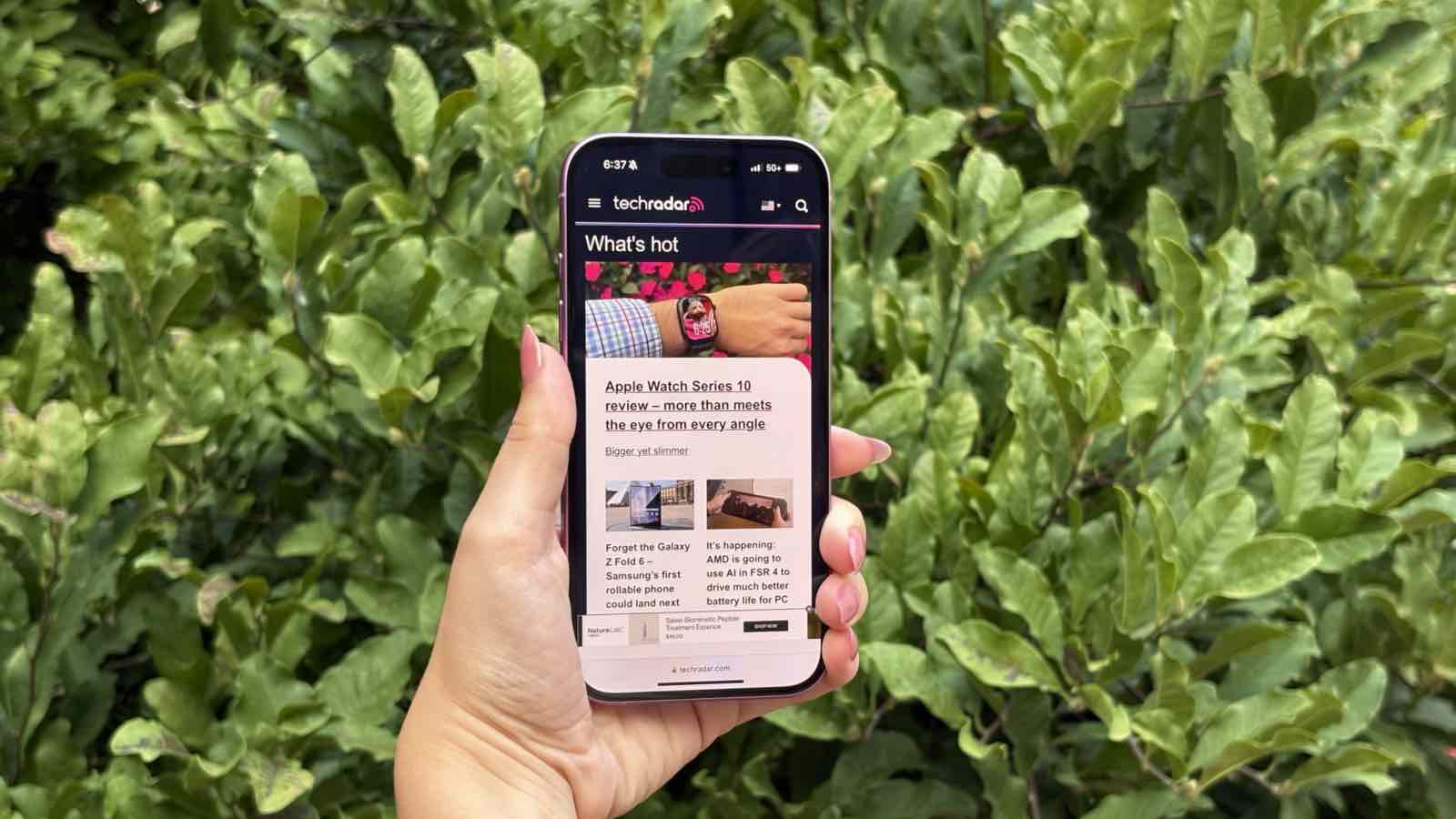

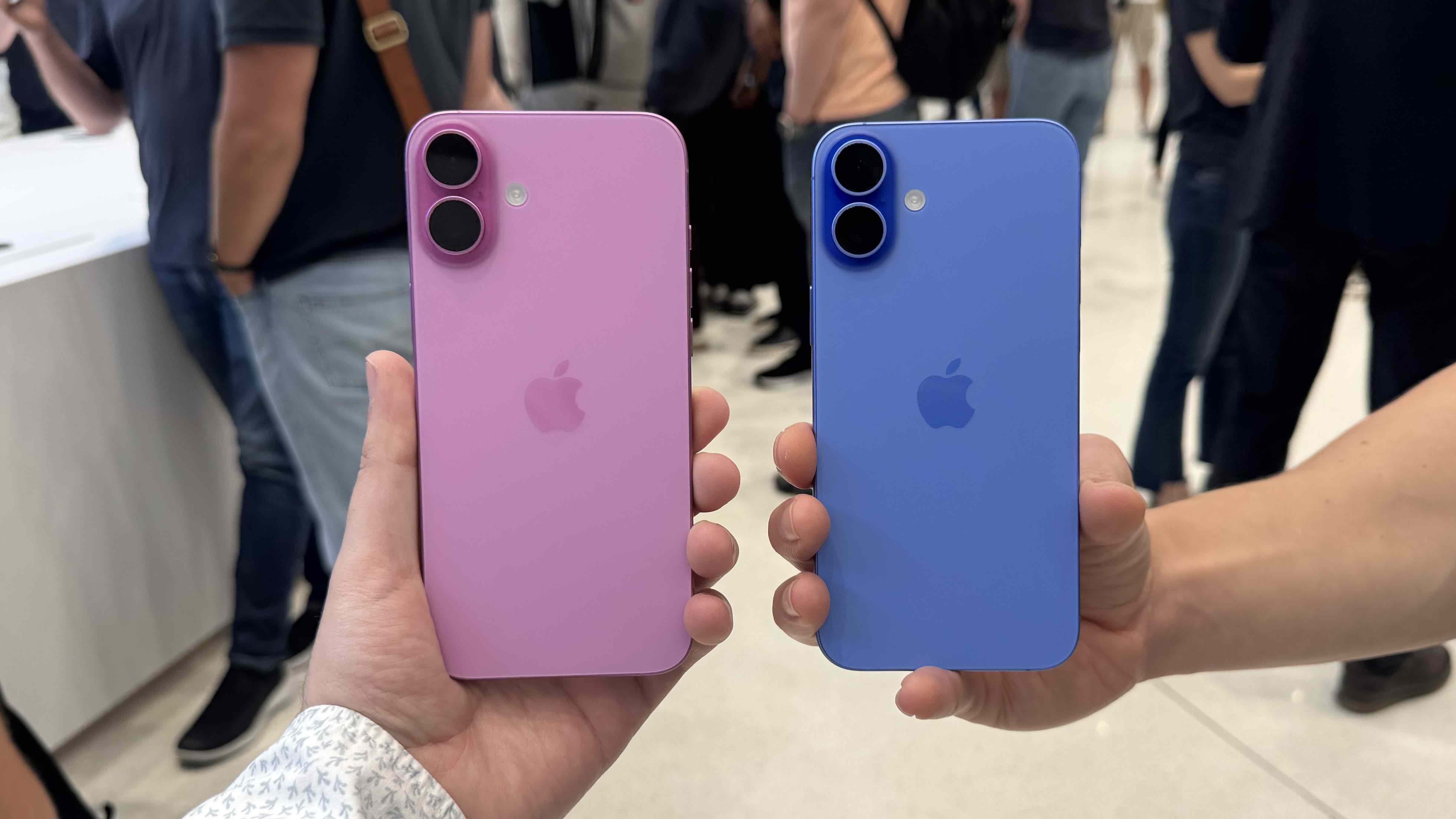
9. Apple iPhone 17
Our expert review:
Specifications
✅ You love taking group selfies: The 18MP Center Stage camera and Dual Capture mode are the best social tools Apple has ever released.
✅ You want a Pro screen for less: Finally, you get 120Hz ProMotion and an Always-On display without paying the $1,000+ Pro price.
❌ You need a dedicated zoom lens: If you want to take clear photos from the back of a stadium, you'll still need the iPhone 17 Pro’s telephoto lens.
❌ You want the absolute longest battery: While it lasts all day, the iPhone 17 Pro Max is still the king of battery endurance.
📱 The iPhone 17 is the ultimate iPhone, delivering Pro-level features like a 120Hz display and a 48MP ultra-wide camera in a fun, durable package. With double the storage and the powerful A19 chip, it’s a fast, reliable, and social-media-ready smartphone that screams value. ★★★★½
Design: The iPhone 17 stays the course with a durable, recognizable design featuring a frosted glass back and matte aluminum sides. It’s built to survive the rigors of a busy lifestyle with Ceramic Shield 2, which is three times more scratch-resistant than previous models. It also features the Action Button and Camera Control, giving you instant, customizable shortcuts to your favorite apps or the camera.
Display: The 6.3-inch Super Retina XDR display is the star of the show. For the first time on a standard model, it features ProMotion (120Hz), making scrolling through TikTok and playing games feel incredibly fluid. The Always-On functionality means you can glance at the time or notifications without even touching your phone, while the Dynamic Island keeps your music, sports scores, and food deliveries front and center.
Camera: This is a massive year for the base iPhone cameras. Both the main and ultra-wide lenses are now 48MP, ensuring sharp, color-accurate shots whether you're taking a landscape or a macro close-up of a flower.
Performance: Inside is the brand-new A19 chip, which makes the iPhone 17 feel "fast, fluid, and responsive" for everything from high-graphics gaming to multitasking with picture-in-picture video. Even better, Apple has doubled the starting storage to 256GB, so you have plenty of room for thousands of photos, 4K videos, and all your favorite apps without hitting a storage wall.
Battery life: The iPhone 17 consistently lasts through a full day of use, even with heavy social media scrolling and the Always-On display active. When you do need a boost, the new 40W fast charging is a lifesaver, getting you to 50% battery in just 20 minutes—perfect for a quick charge before heading out.
Value for money: By keeping the $799 starting price while doubling the storage and adding Pro-level display tech, Apple has created its "best-value iPhone ever." It delivers the "Pro" experience most teens want at a significantly lower cost.
Attributes | Notes | Rating |
|---|---|---|
Design | A similar design to the 16, with new colors and a more durable build. | 4 / 5 |
Display | Finally, a 120Hz Always-On screen. | 5 / 5 |
Camera | New capture modes, plus the addition of a 48MP ultra-wide lens next to the 48MP main, make the iPhone 17’s camera setup plenty versatile. | 4.5 / 5 |
Software | iOS 26 brings a lot of new features, and the iPhone 17 lets you use them all. | 4 / 5 |
Performance | The A19 chip is plenty fast for now and should last well into the future. | 4.5 / 5 |
Battery | It can still last all day, but no major improvement. | 4 / 5 |
Value | Same price as the 16 but with double the storage and more features. | 5 / 5 |
FAQs
Which phone has the best cameras?
The best camera phone will depend on the photos you like to take, but the iPhone 17 Pro Max is probably the best camera among iPhone devices, and the Samsung Galaxy S25 Ultra is the best camera for Android fans.
What is the best cell phone service?
That will depend on where you live and your local providers, not the phone you choose. Ask your neighbors and nearby friends about their experience. Don't be afraid to try a new service for up to a month and then switch to a different carrier if it isn't working for you.
What is the best Samsung phone?
The best Samsung phone is the Galaxy Z Fold 7. It demonstrates all of Samsung's most advanced technology, especially its design prowess. Samsung is the best as fitting more phone into a smaller package, and the Z Fold 7 is the ultimate expression of that philosophy.
Which phone carrier is best?
Which wireless mobile network should I choose?
That's a tough call, so the best advice I can offer is to ask around and find people in your area who are happy with their cell service - then choose the network they use. Networks vary greatly over the miles and miles of US geography, so while I might be able to say that one offers better performance nationwide, that same carrier might not be the best in your area. I've used all of the major US networks - Verizon, AT&T, and T-Mobile - and I have seen great performance from all of them, as well as signal loss and dropouts from each.
How we test
I've only included phones on this list that have been thoroughly tested in Future Labs and in the real world by our expert review editors. I test every feature on a phone, then we dive deeper to discover all of the hidden goodies.
I test phones rigorously for battery life and charging times, processor speed and performance, and especially for camera and video recording capabilities. I make sure that phones deliver on the promises and claims they make. If Samsung says a phone charges in 30 minutes, I time it to make sure.
I've seen every phone you can buy, so I know how each model stacks up against one another. I use both iPhone and Android phones all the time, so I know what I'm saying about the phones you buy, no matter what you pay. I make sure the phones deliver what I'd expect for the price.
Once I'm done, I never stop. I update our reviews as the phones are updated. Our reviews are always fresh, so check again before you buy to make sure you're getting the latest review on the best phones you'll find.
Who has the best cell phone deals?
We track the best phone deals every day, so we can always tell you who has the best phone deals at the moment you are shopping for a phone.
Which is the best iPhone?
If you want the best iPhone for you, check out our list of the Best iPhones you can buy right now. We don't just list them from most expensive to least expensive, we can help you choose the iPhone that meets both your budget and your phone needs.
What phone has the best battery life?
The OnePlus 15 is our current battery life champ. In our Future Labs tests, the OnePlus 15 lasted almost 22 hours of constant use, which is more than an hour longer than the best iPhone or Galaxy phone managed.
Sign up for breaking news, reviews, opinion, top tech deals, and more.

Starting more than 20 years ago at eTown.com. Philip Berne has written for Engadget, The Verge, PC Mag, Digital Trends, Slashgear, TechRadar, AndroidCentral, and was Editor-in-Chief of the sadly-defunct infoSync. Phil holds an entirely useful M.A. in Cultural Theory from Carnegie Mellon University. He sang in numerous college a cappella groups.
Phil did a stint at Samsung Mobile, leading reviews for the PR team and writing crisis communications until he left in 2017. He worked at an Apple Store near Boston, MA, at the height of iPod popularity. Phil is certified in Google AI Essentials. His passion is the democratizing power of mobile technology. Before AI came along he was totally sure the next big thing would be something we wear on our faces.